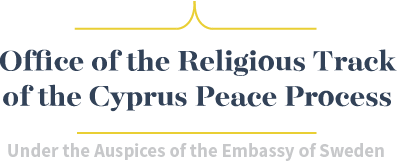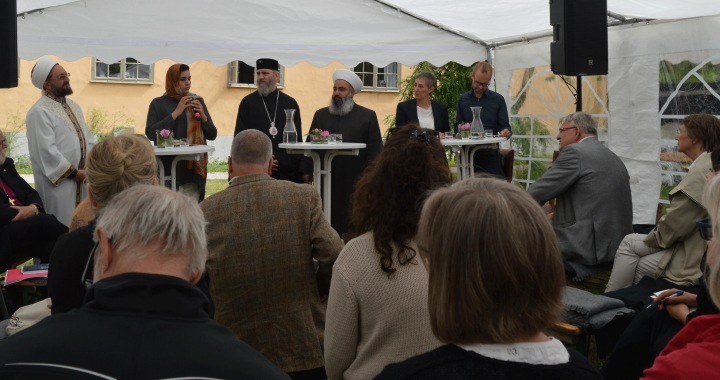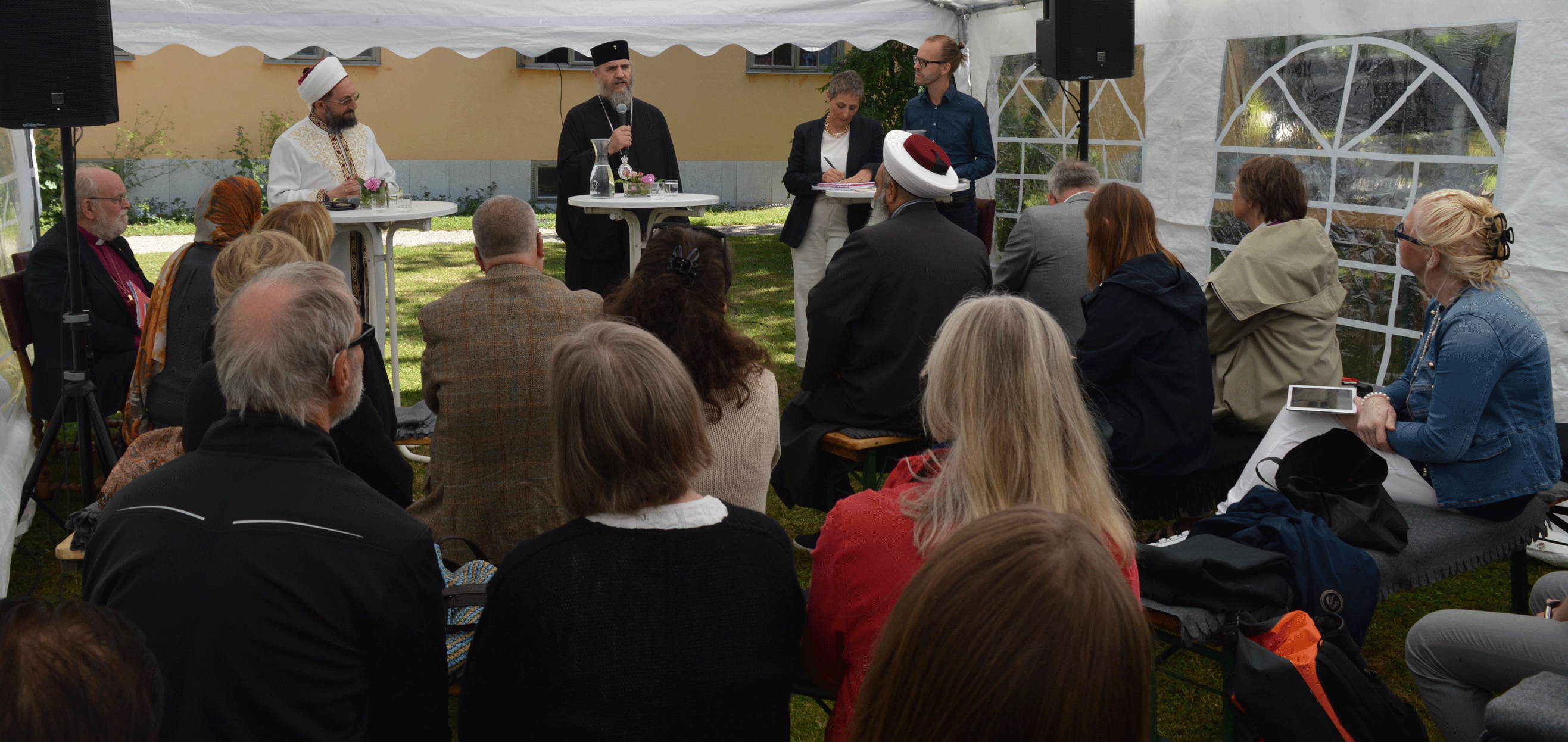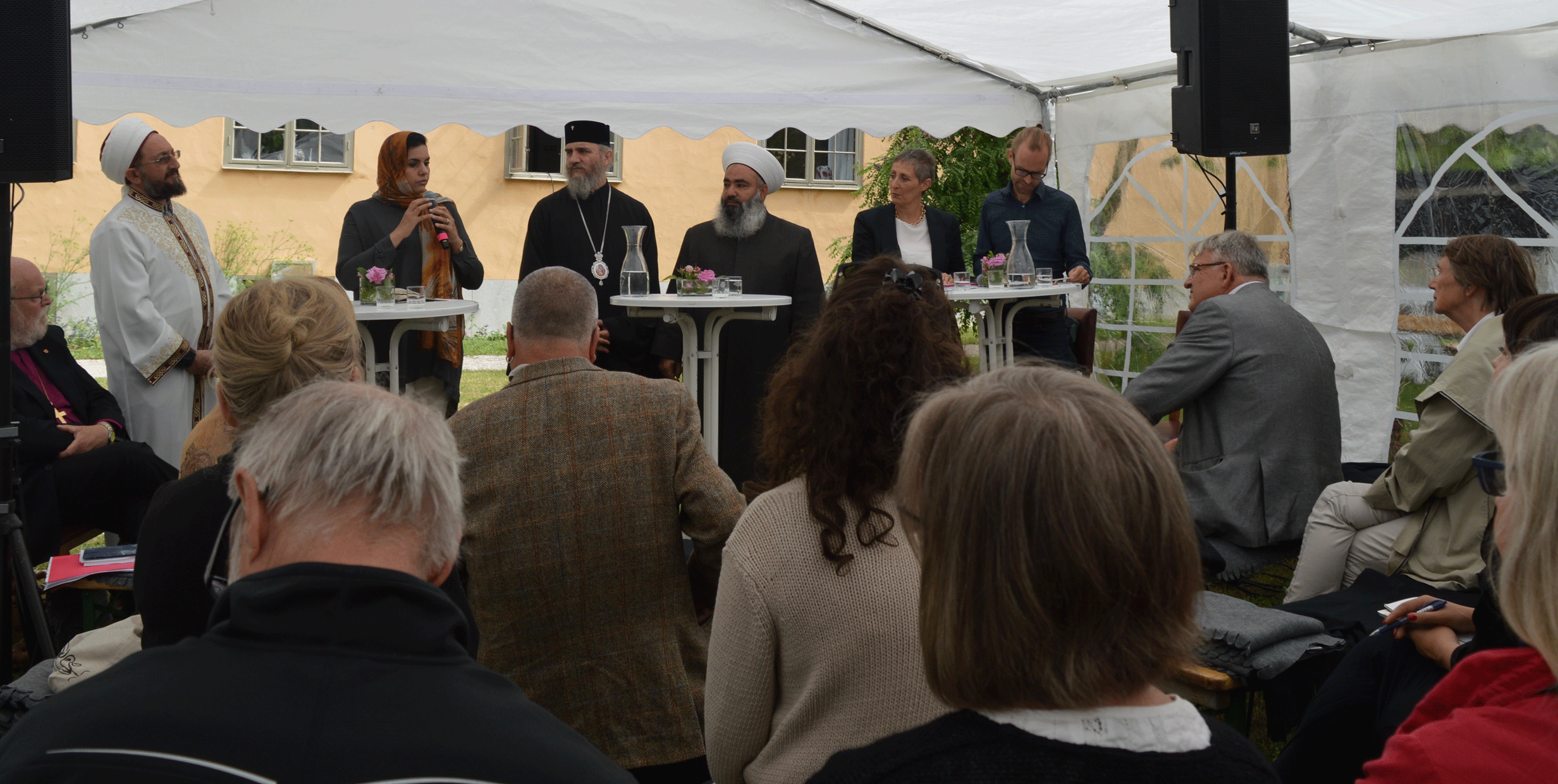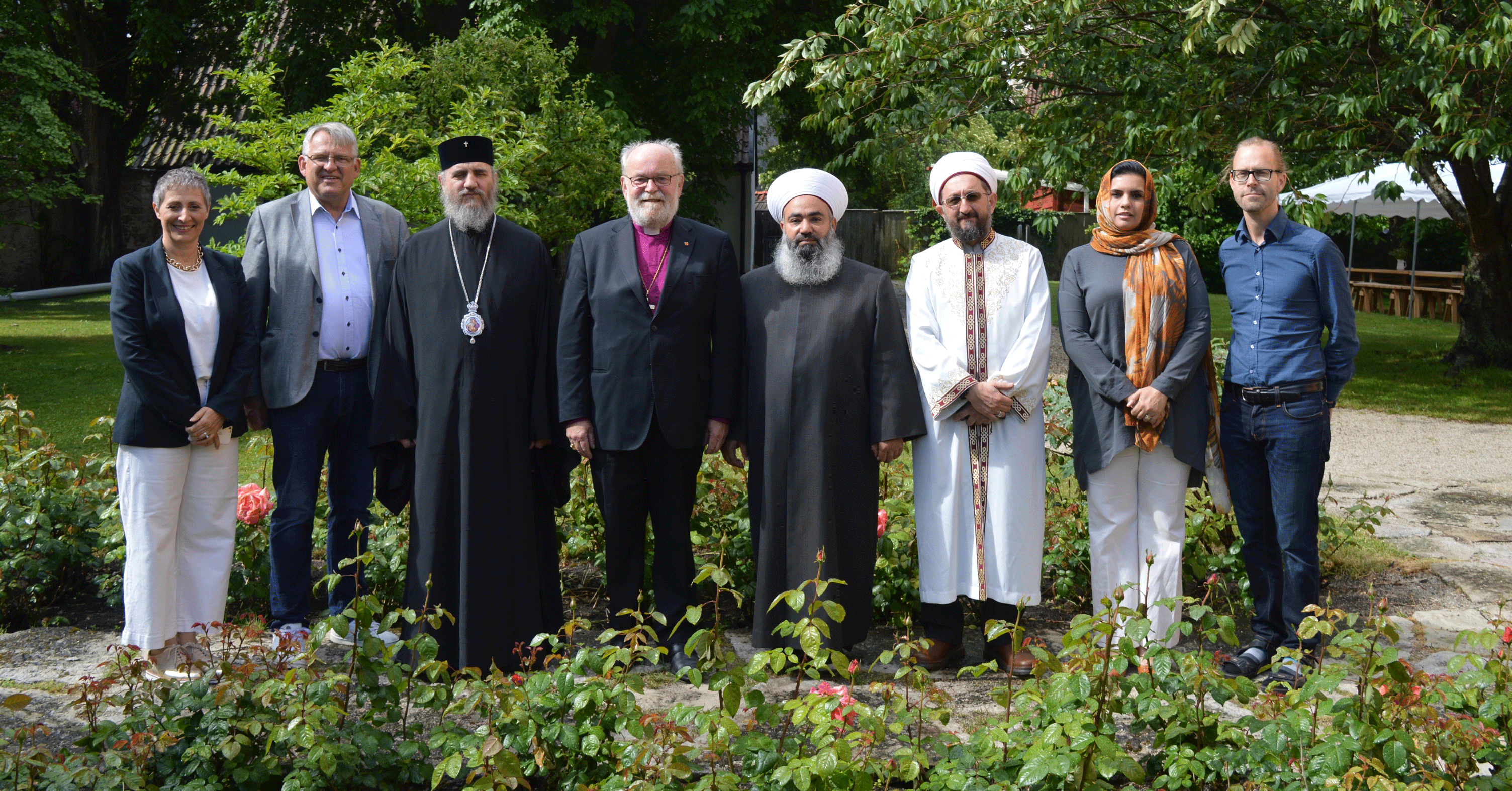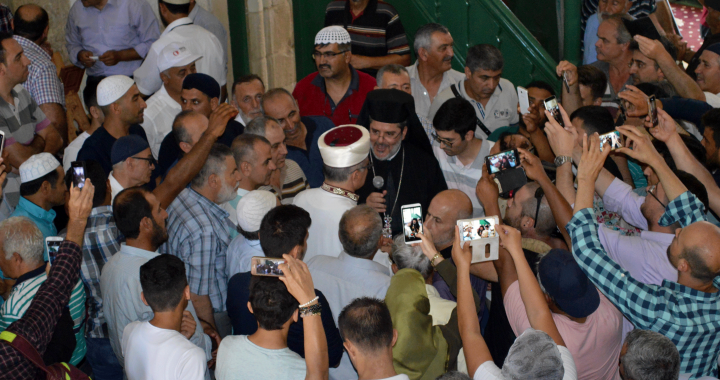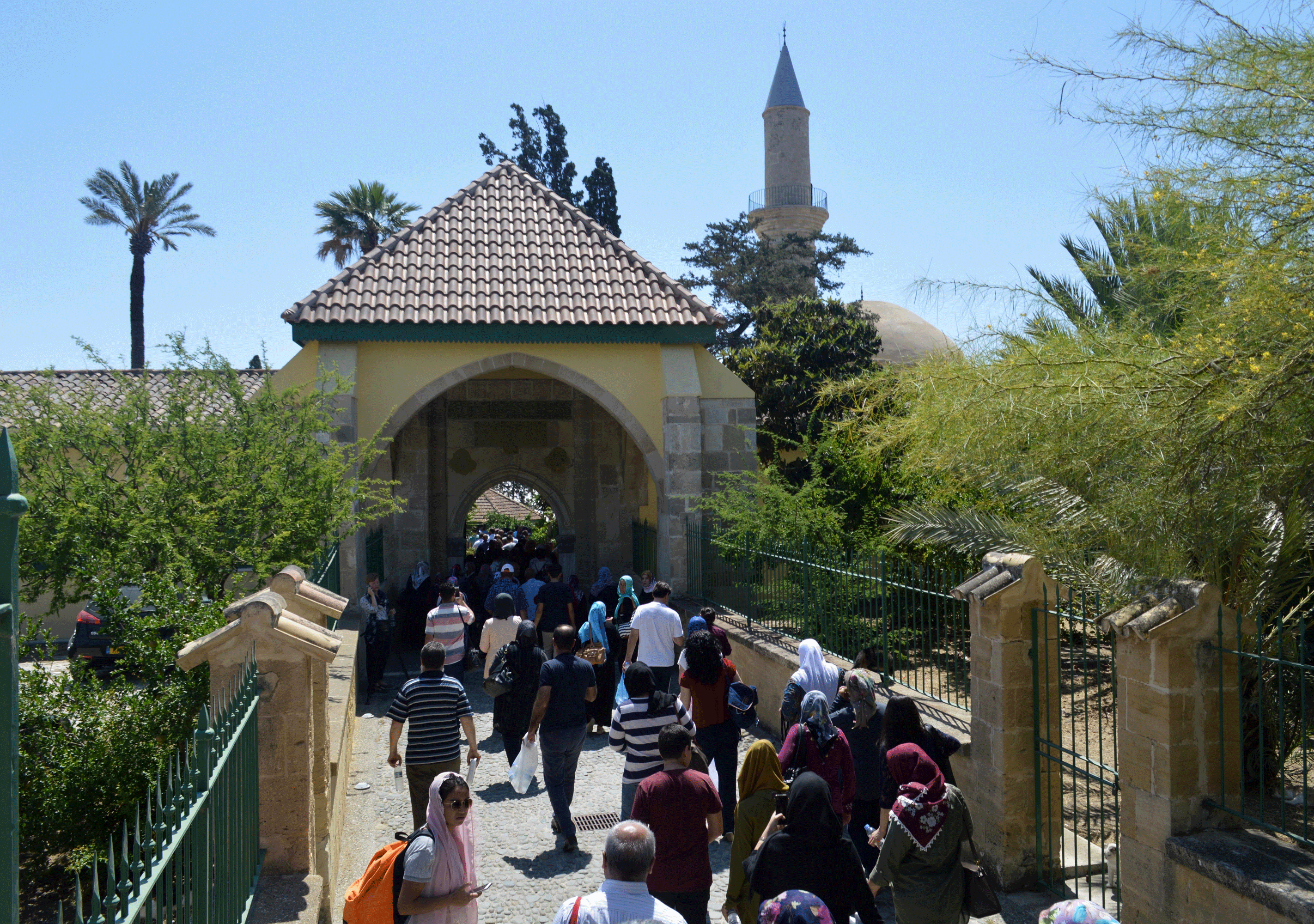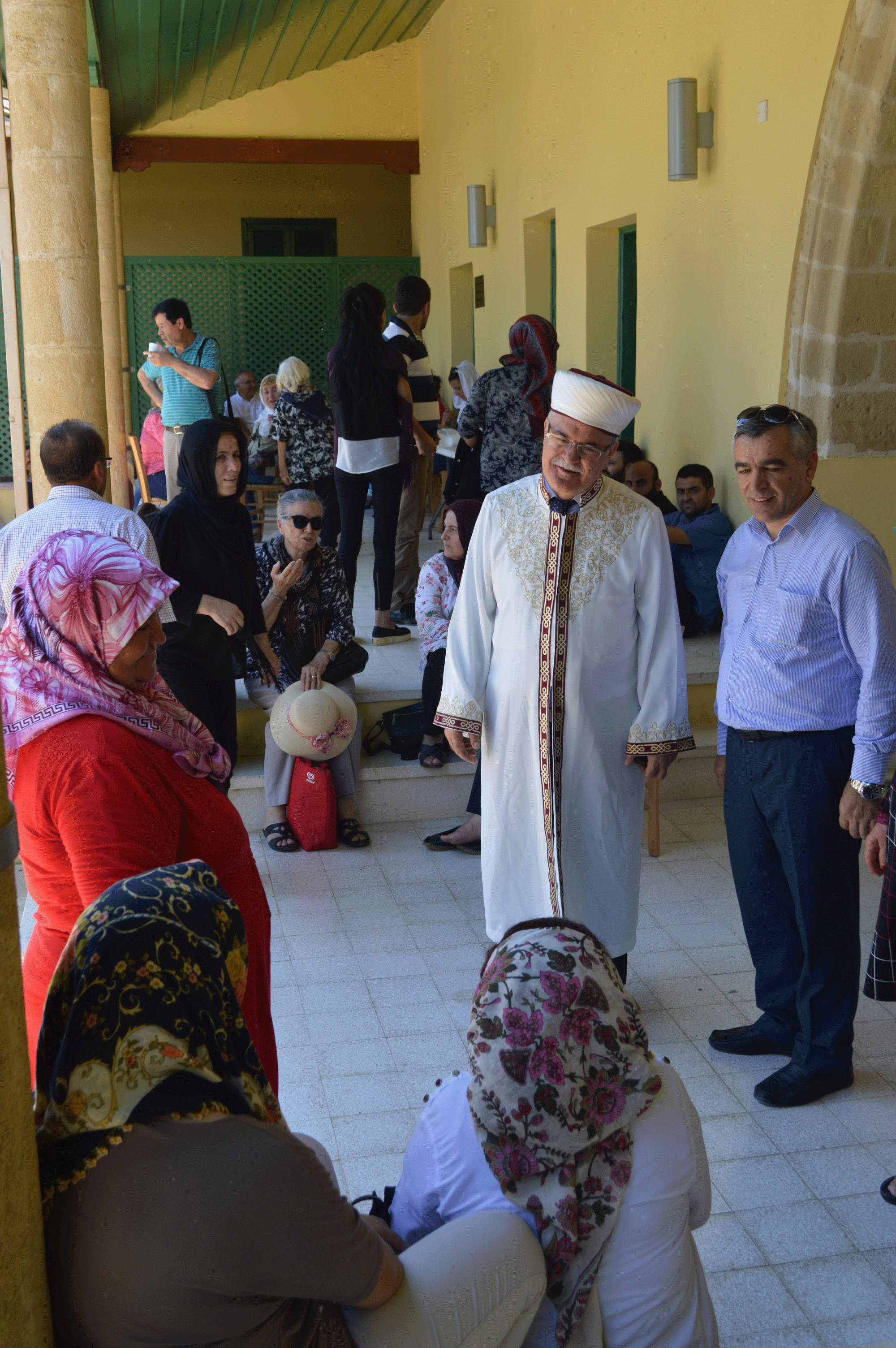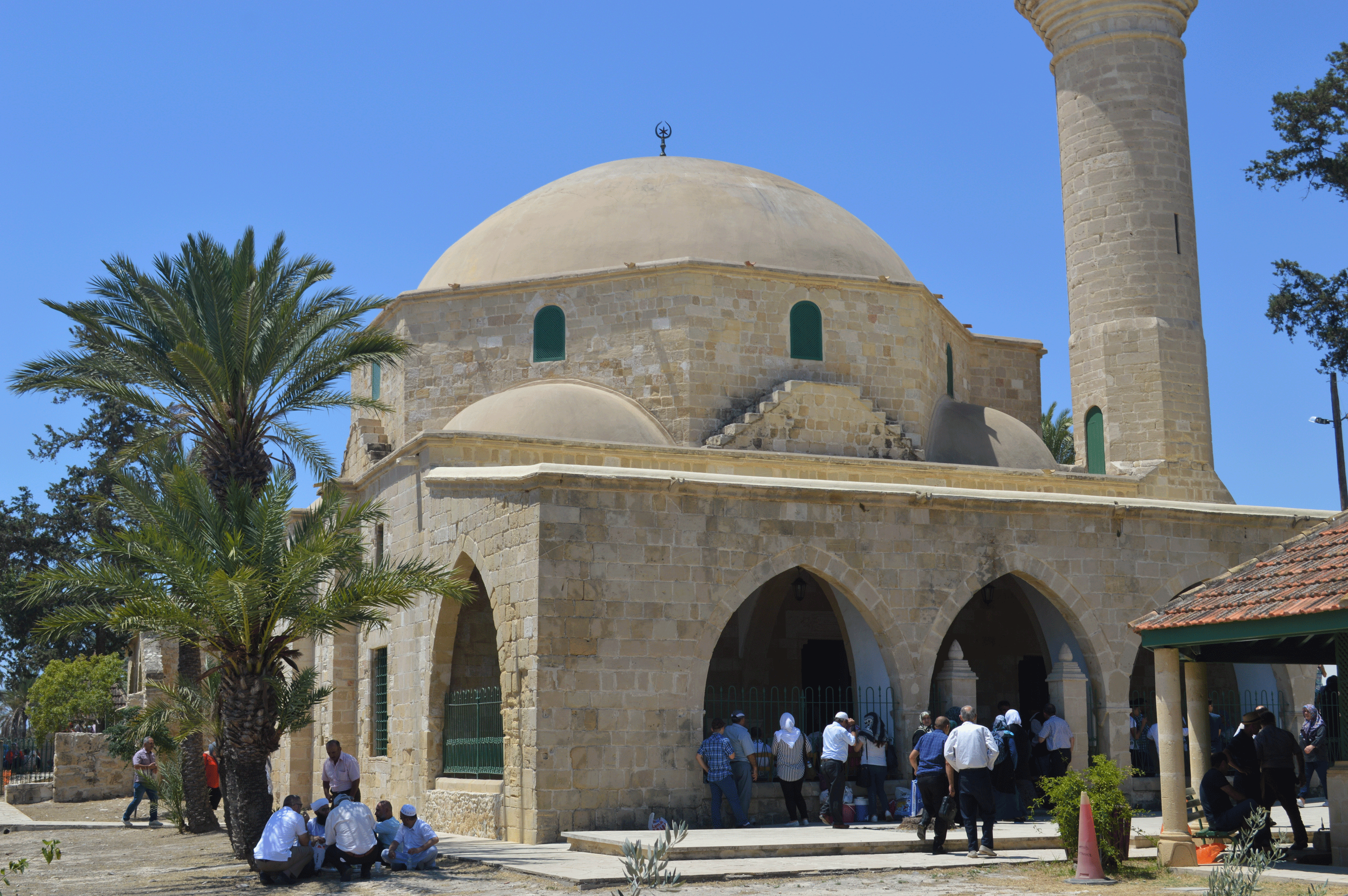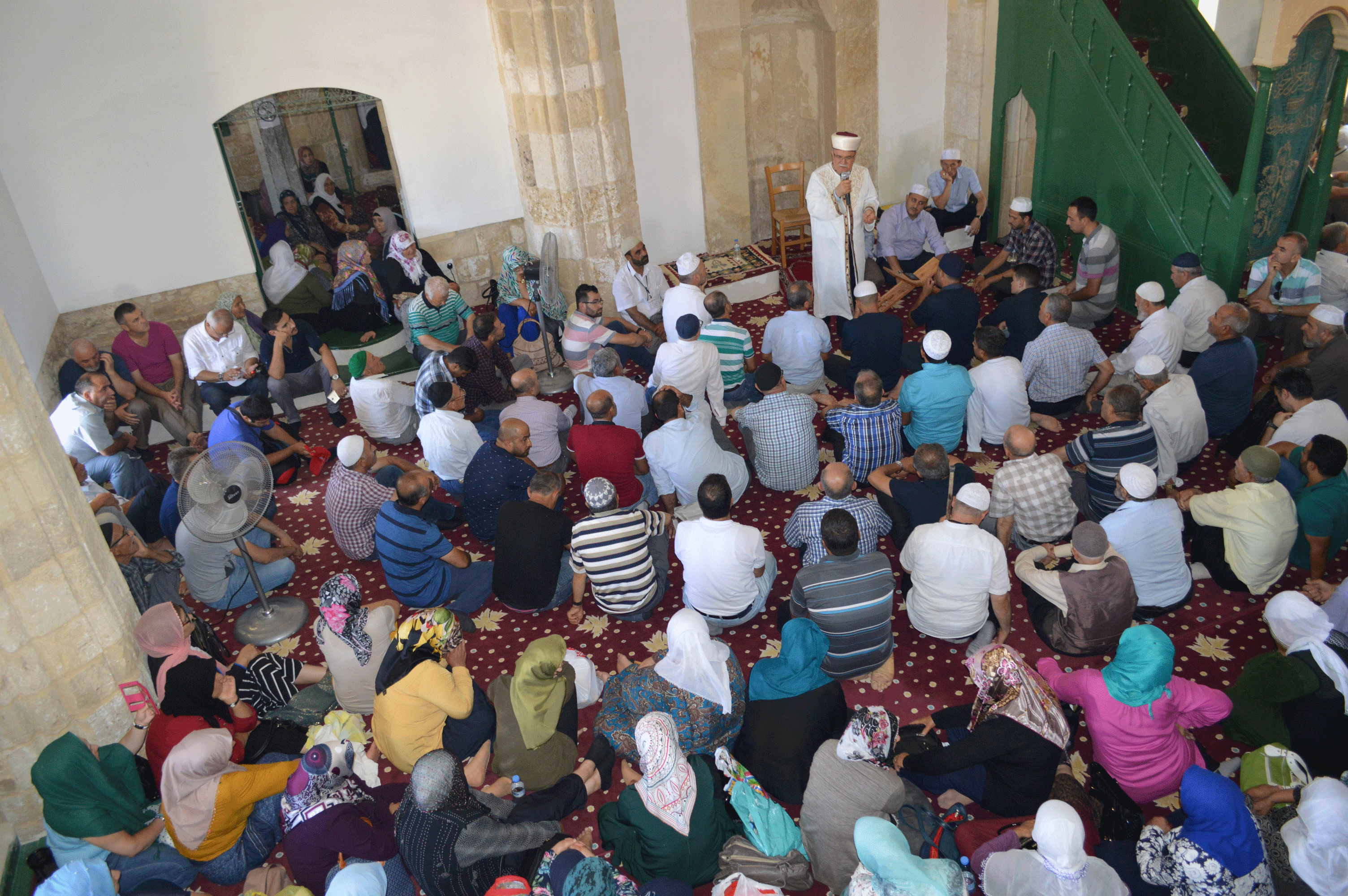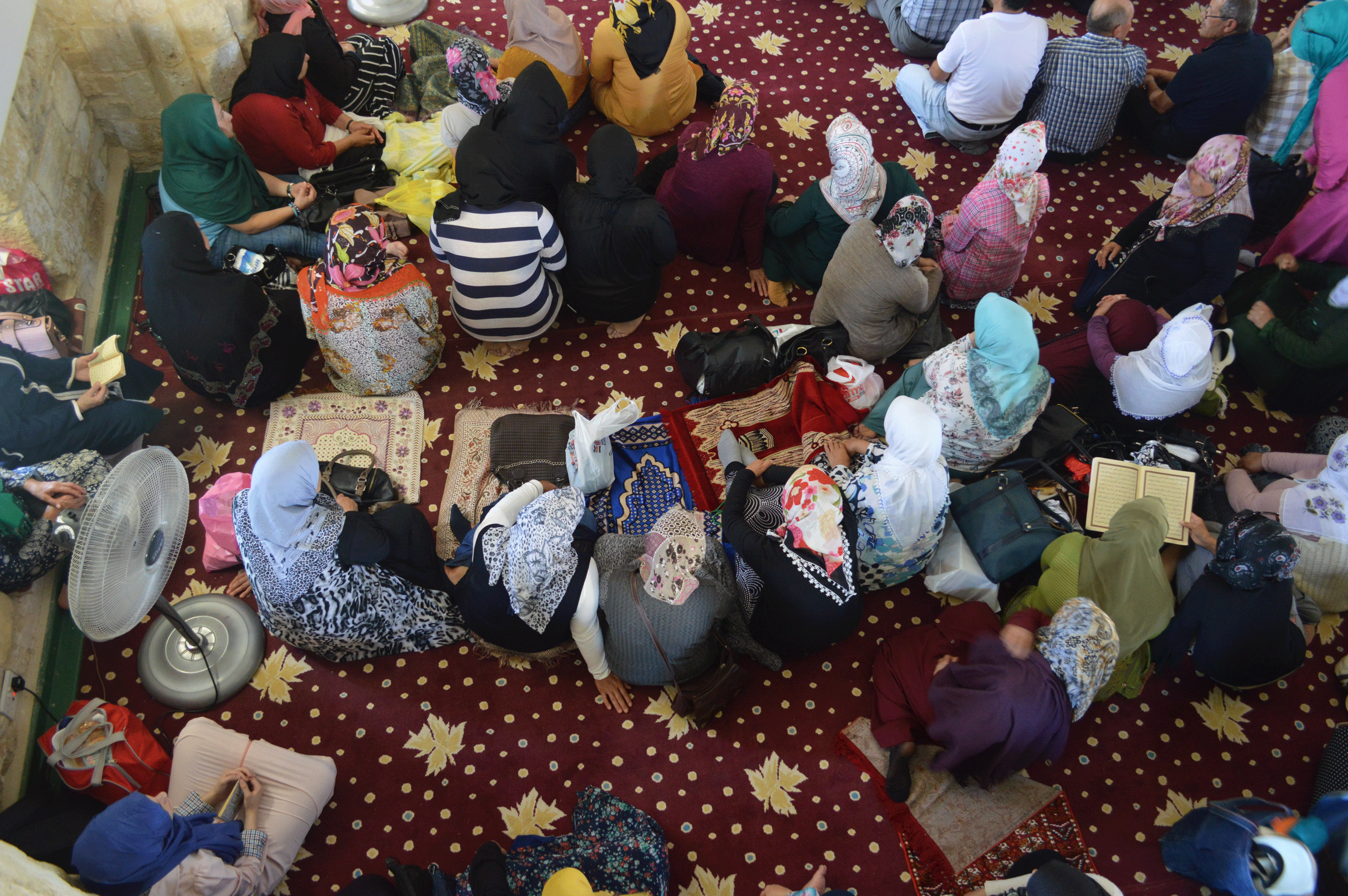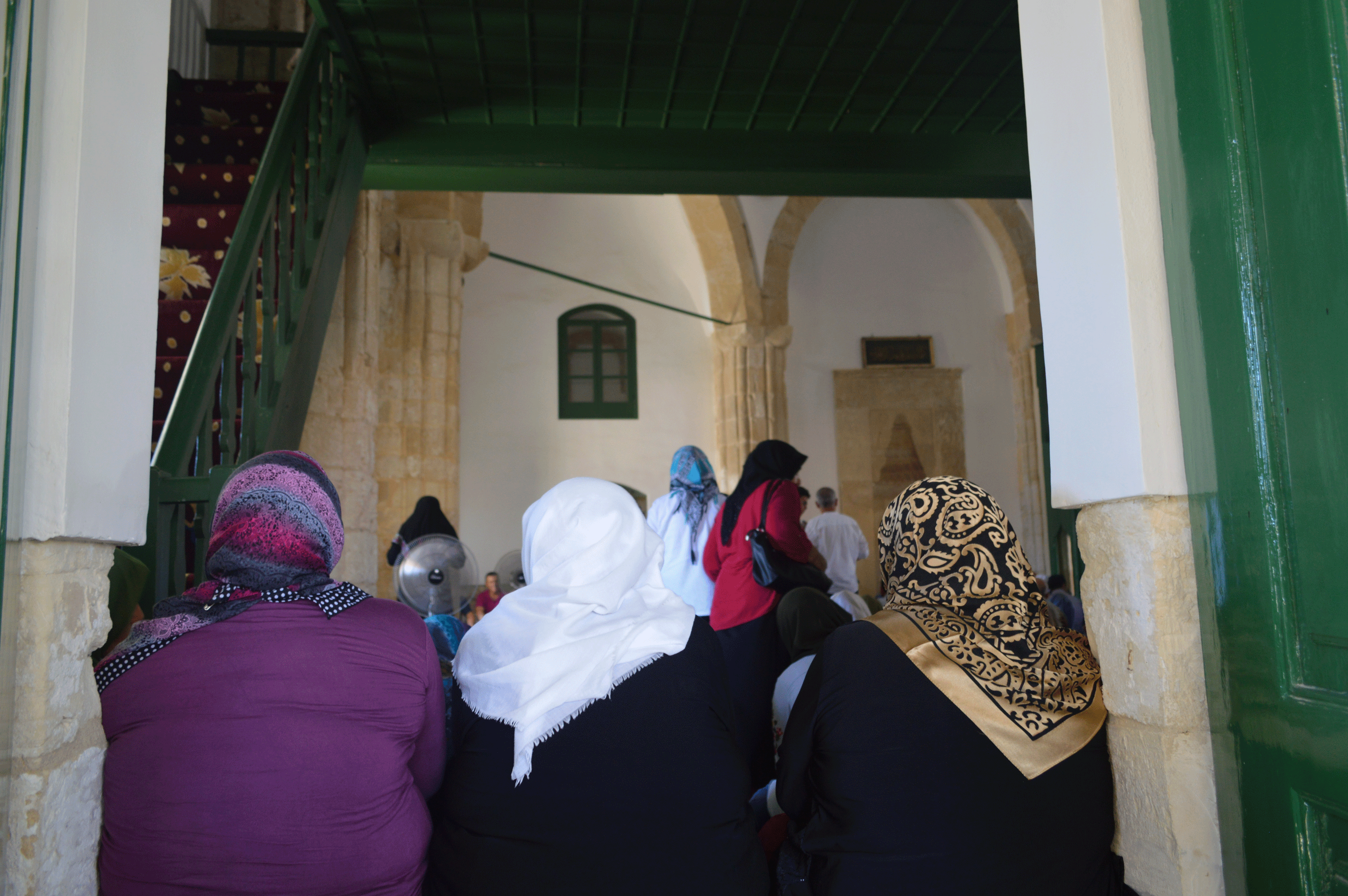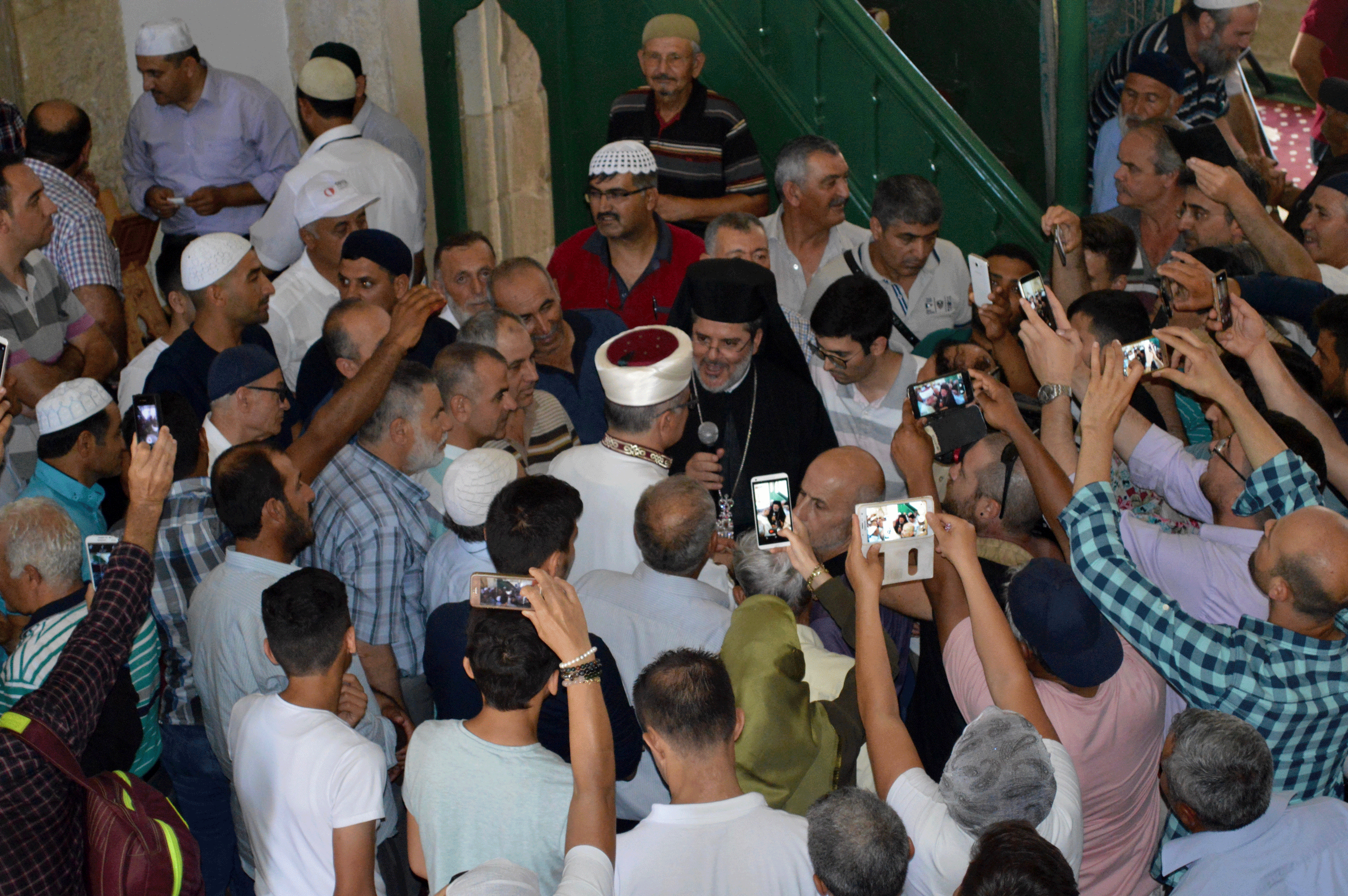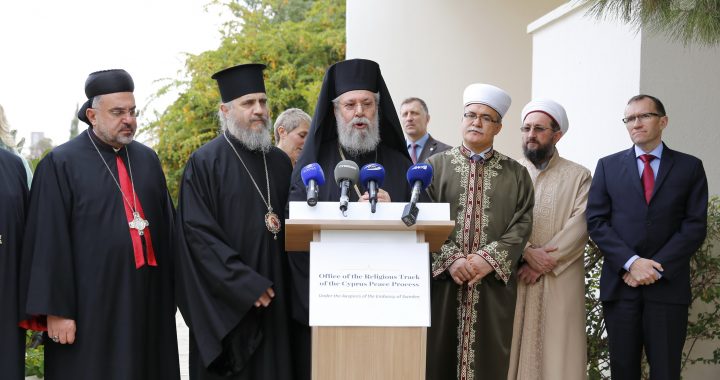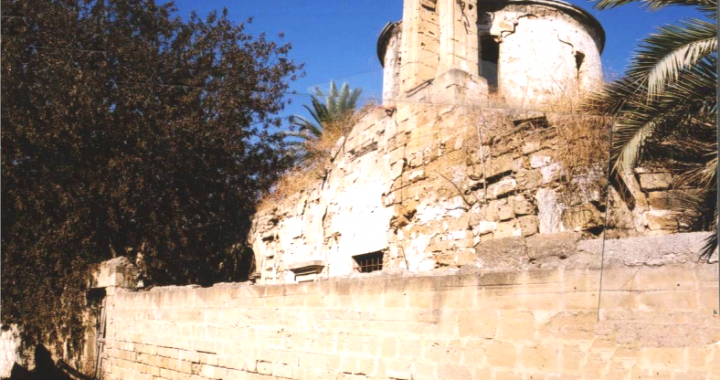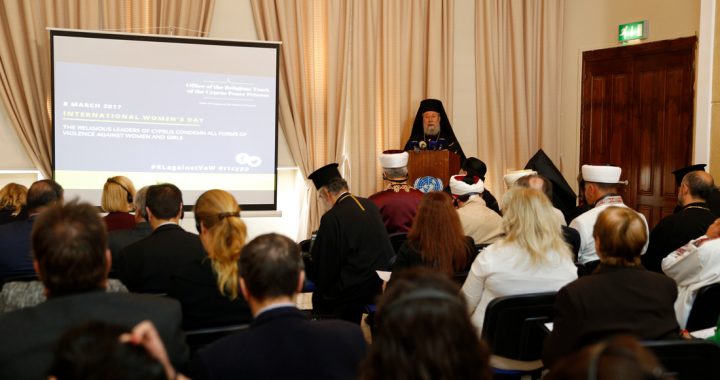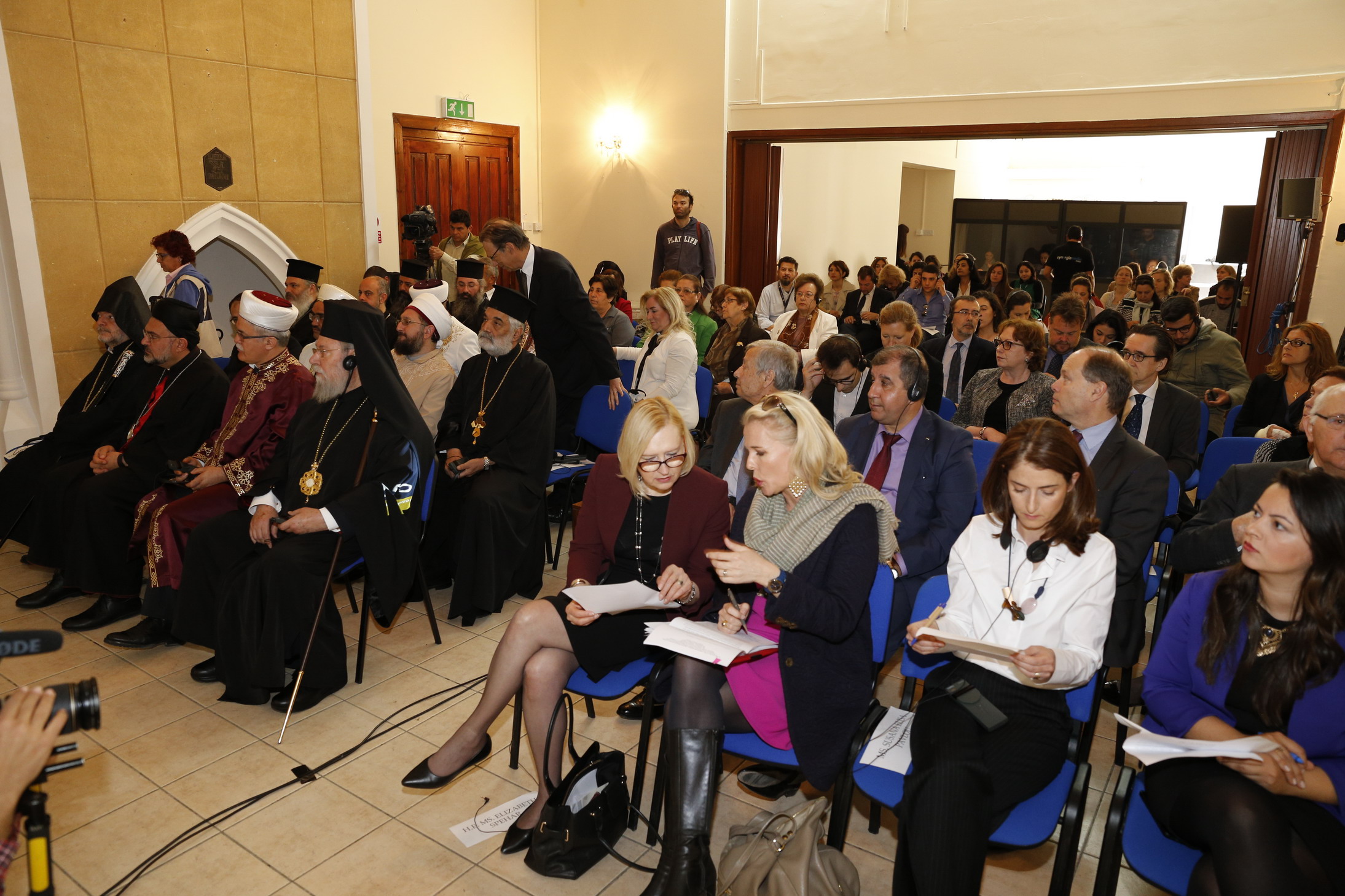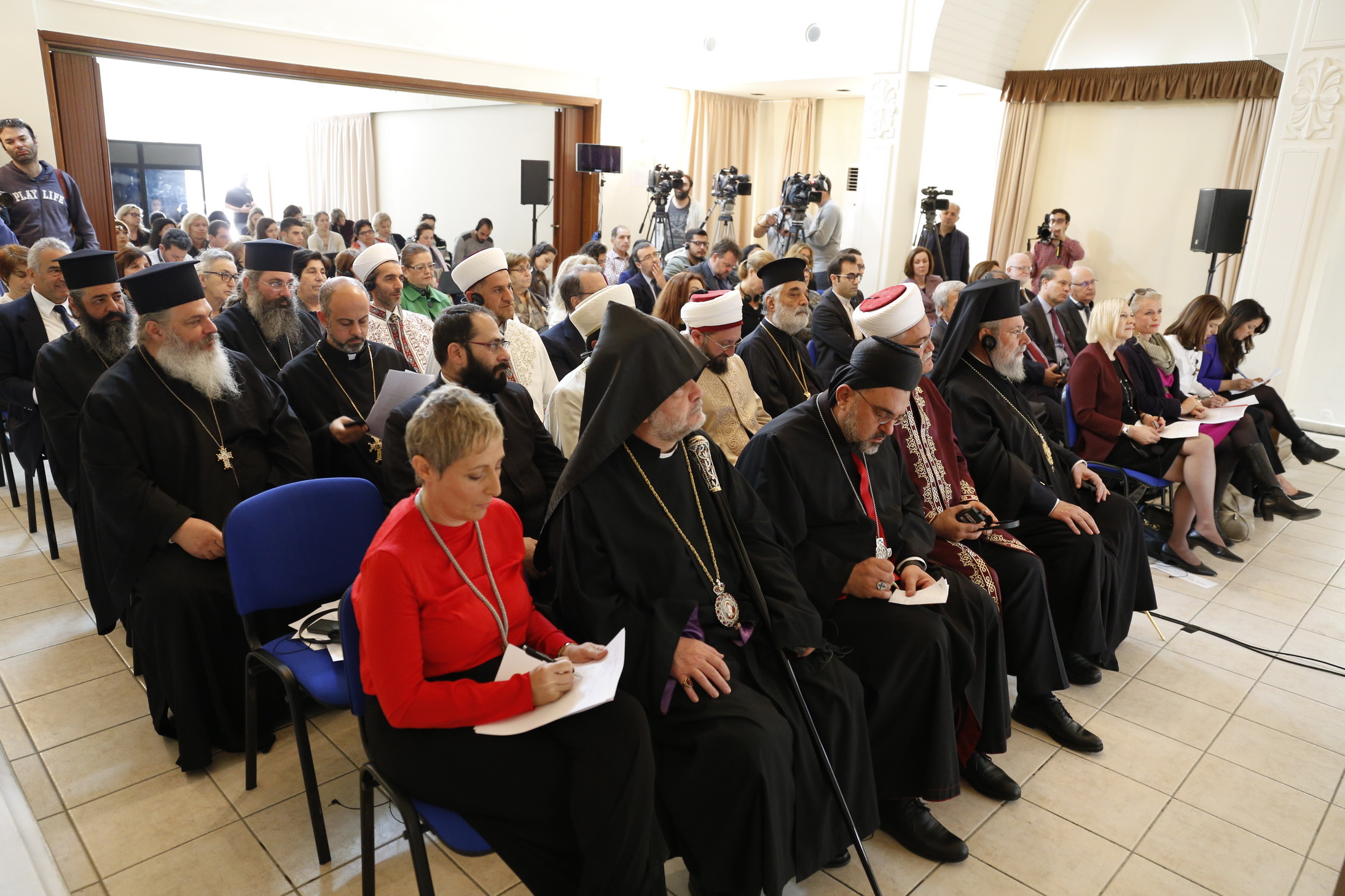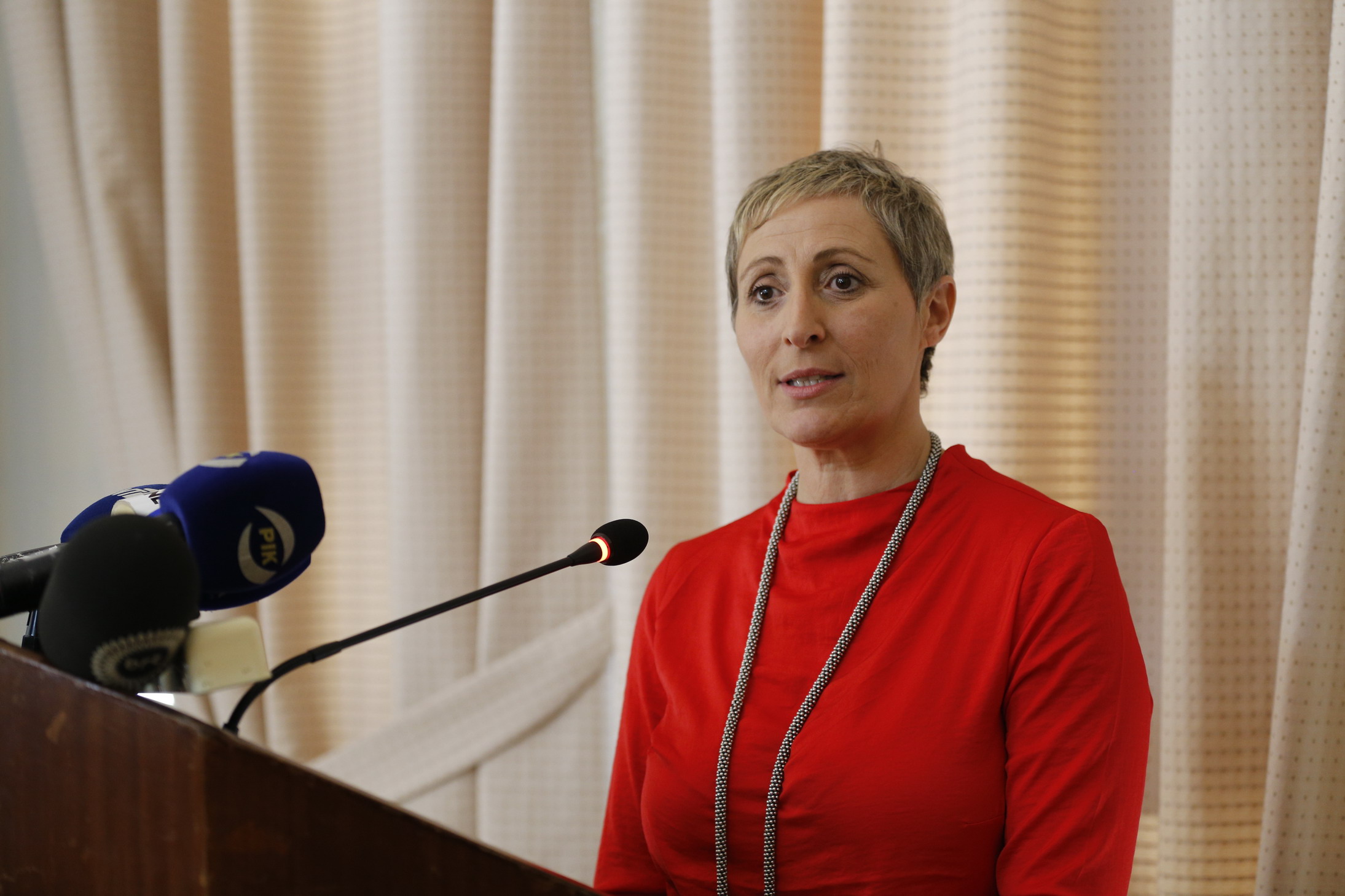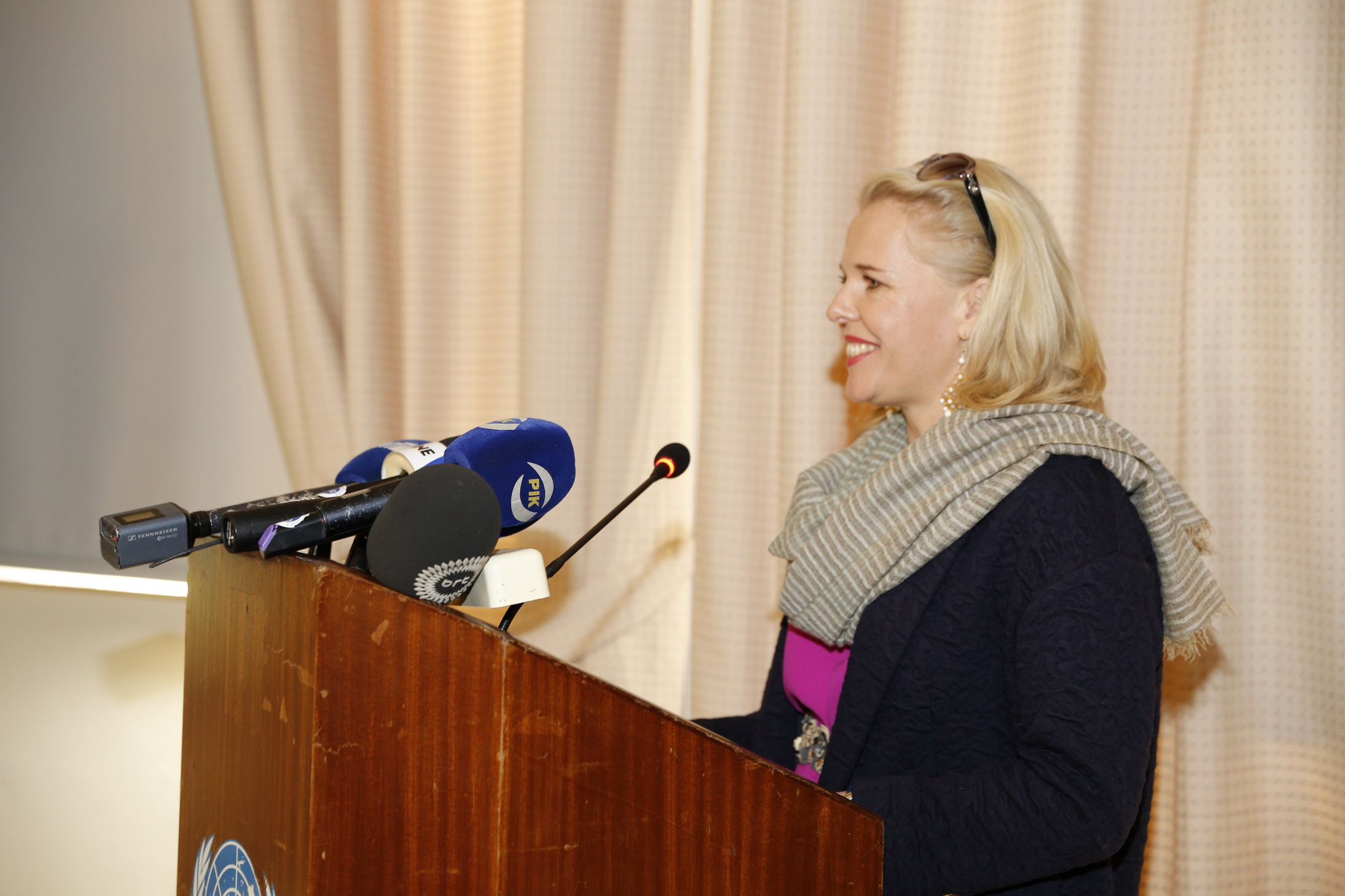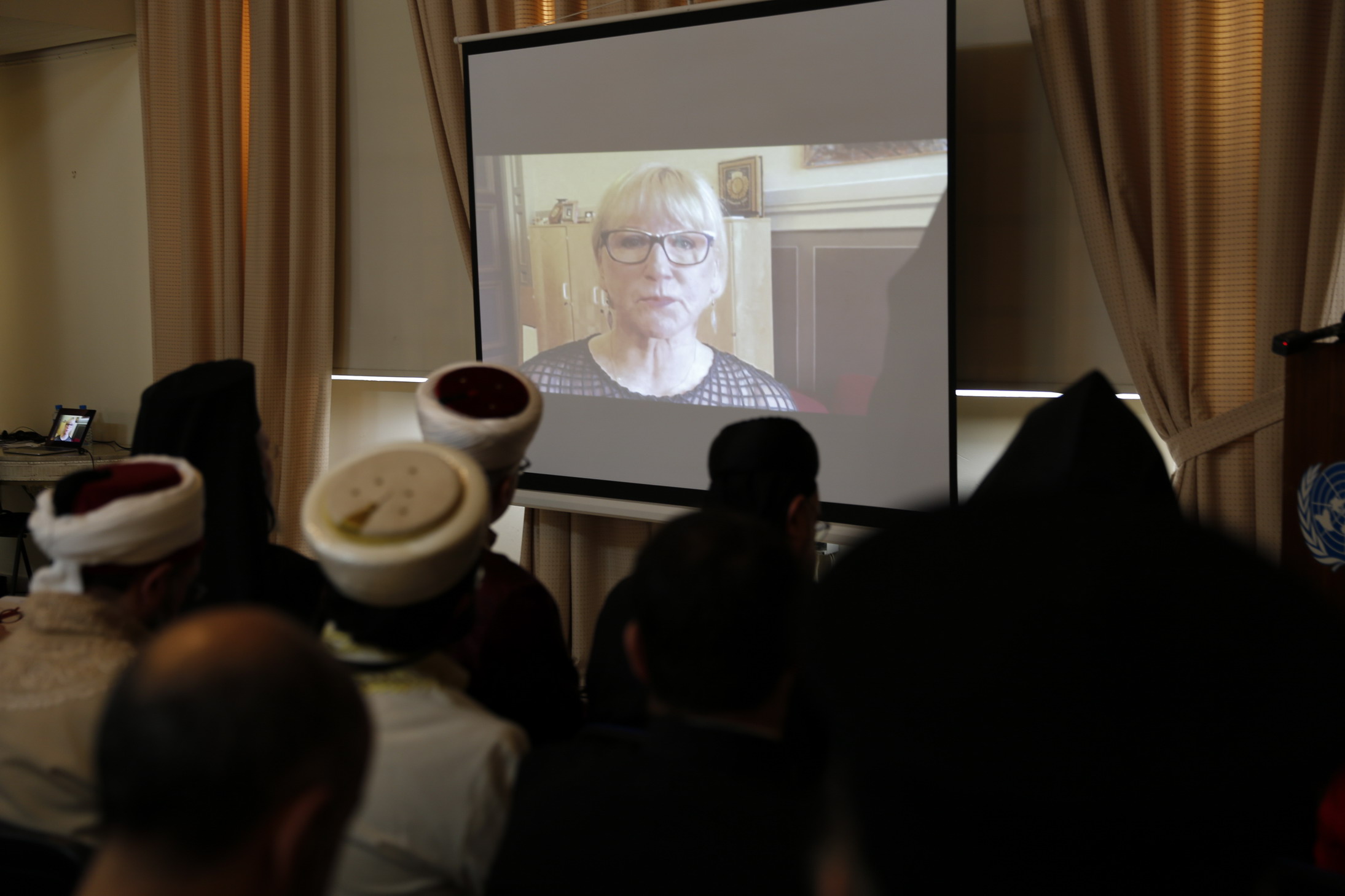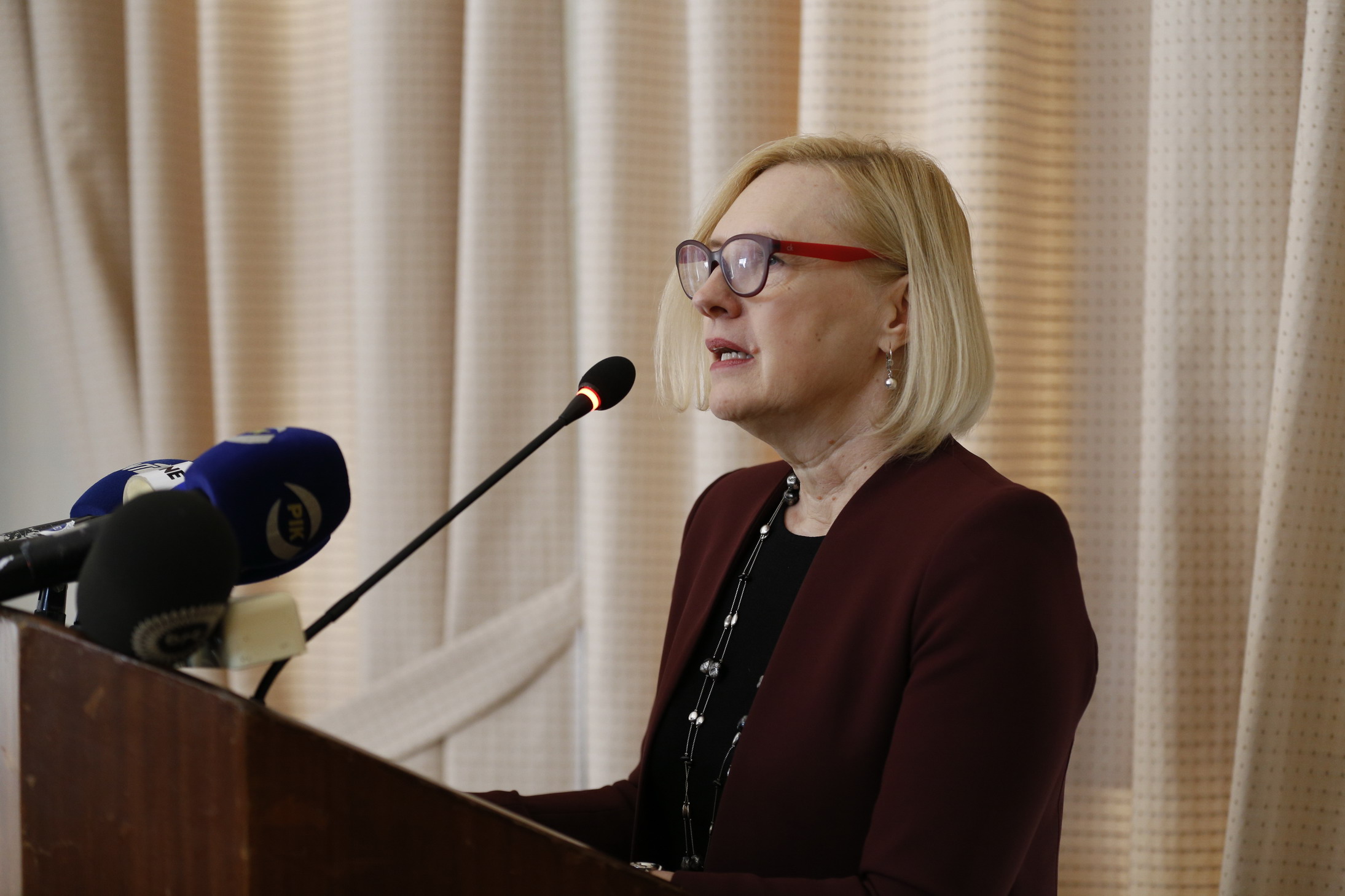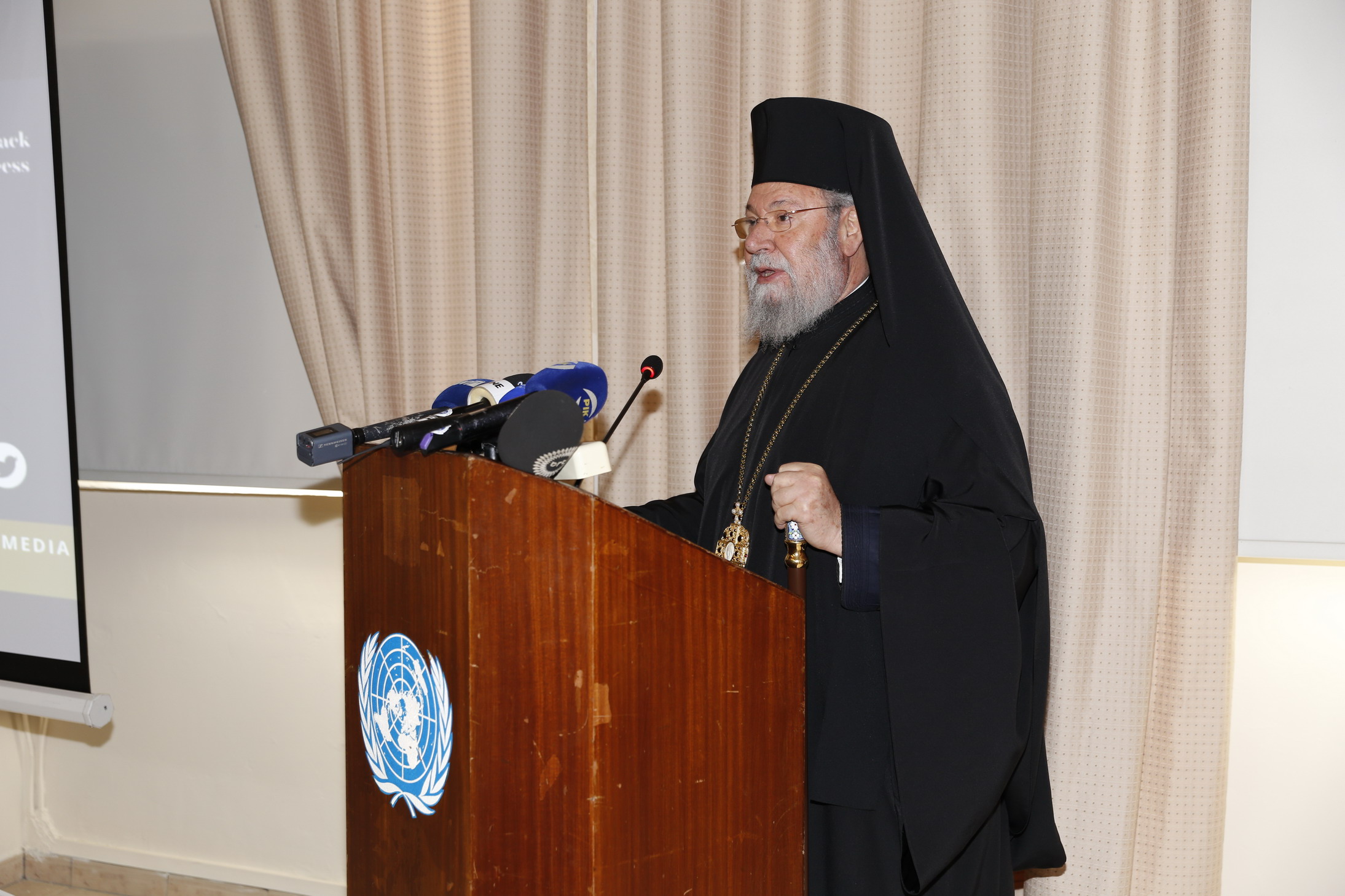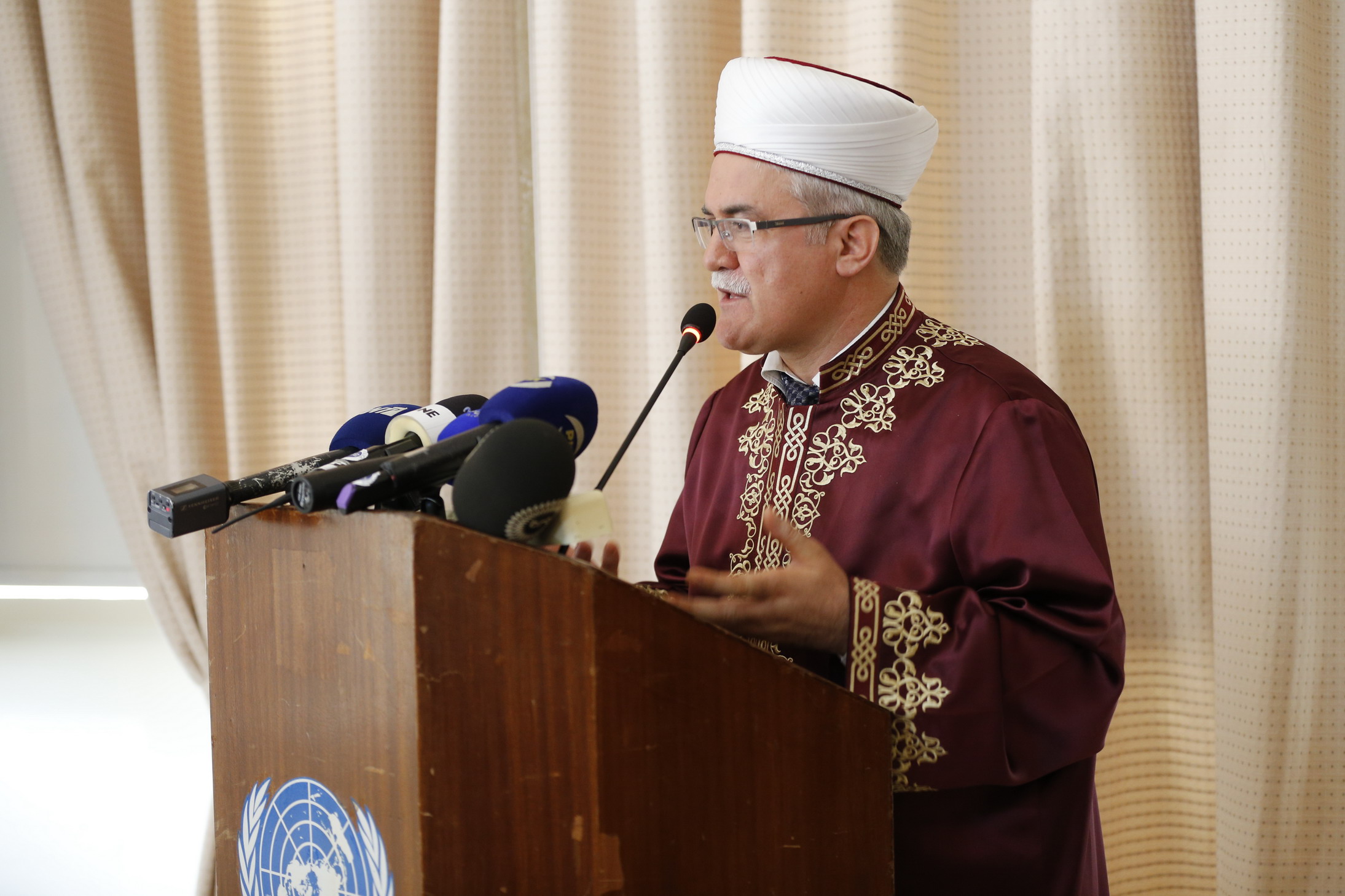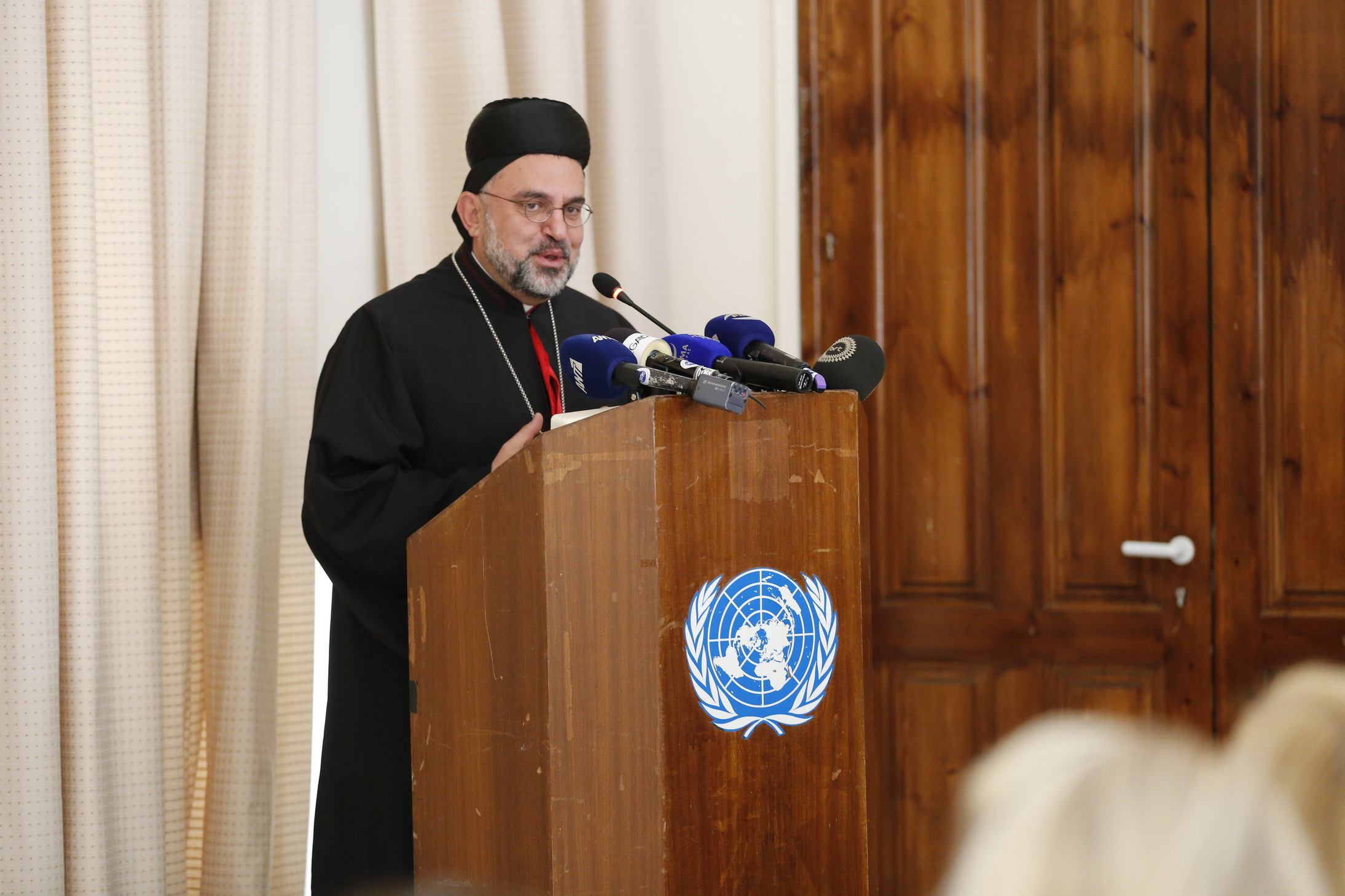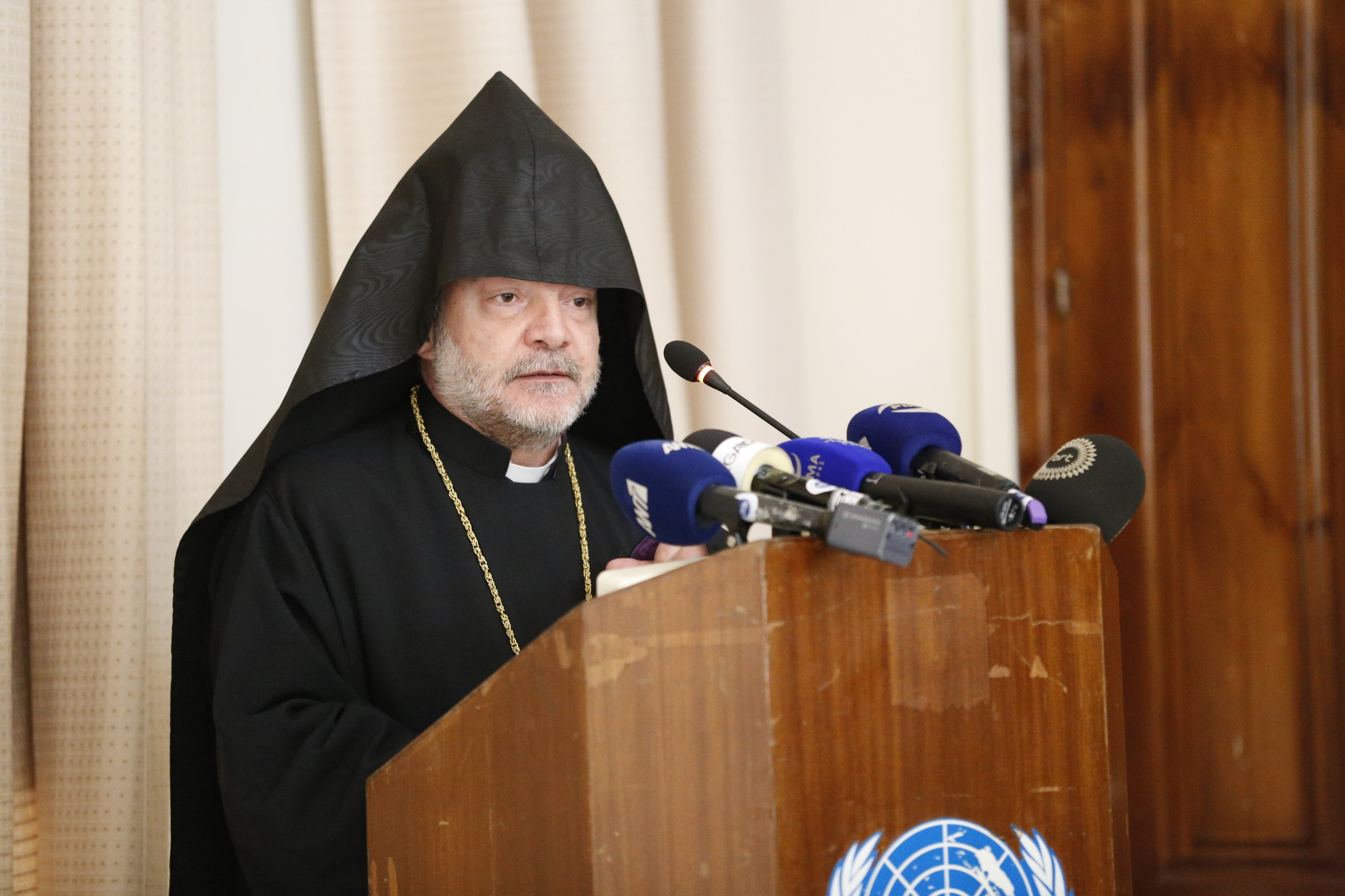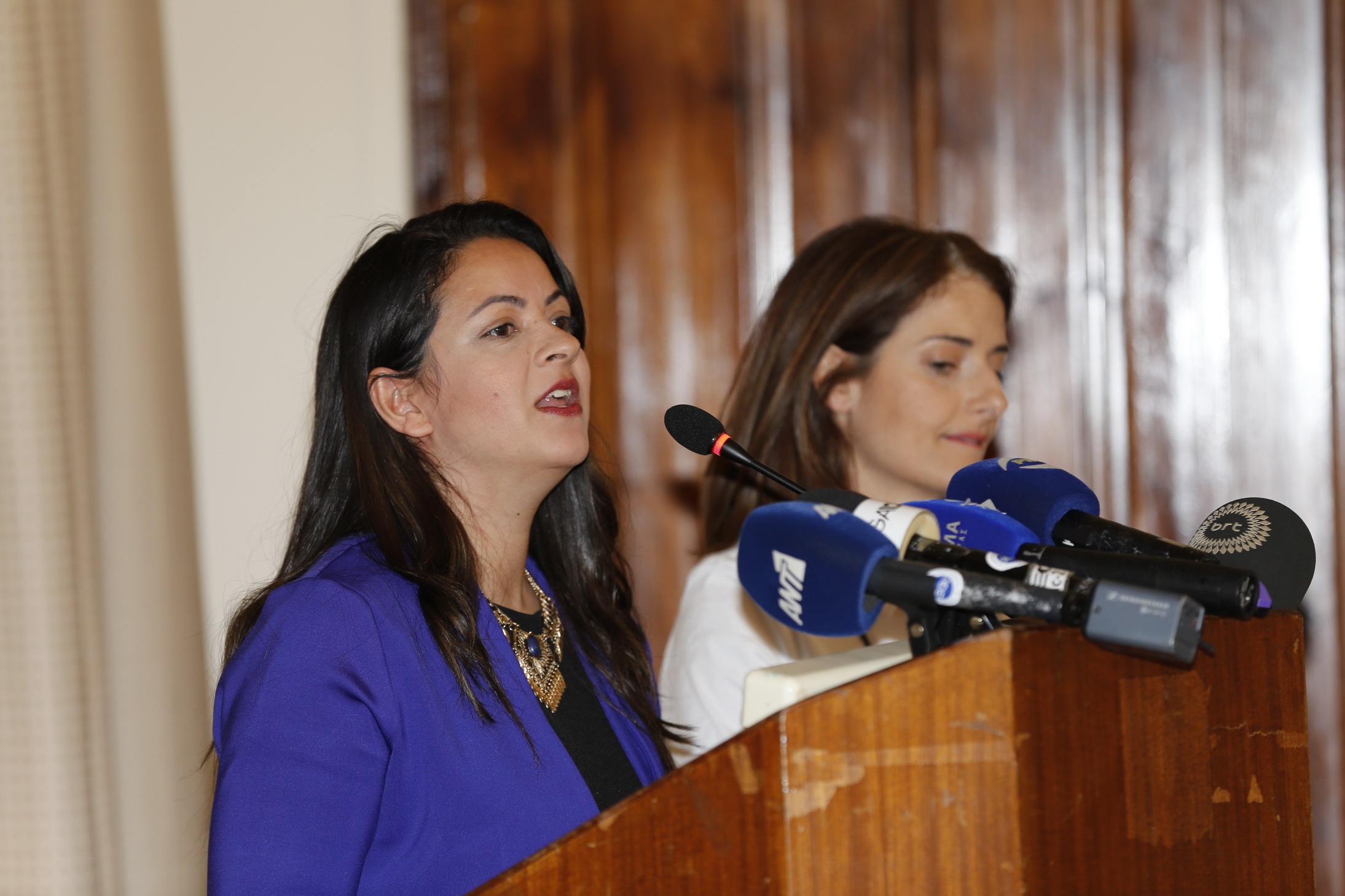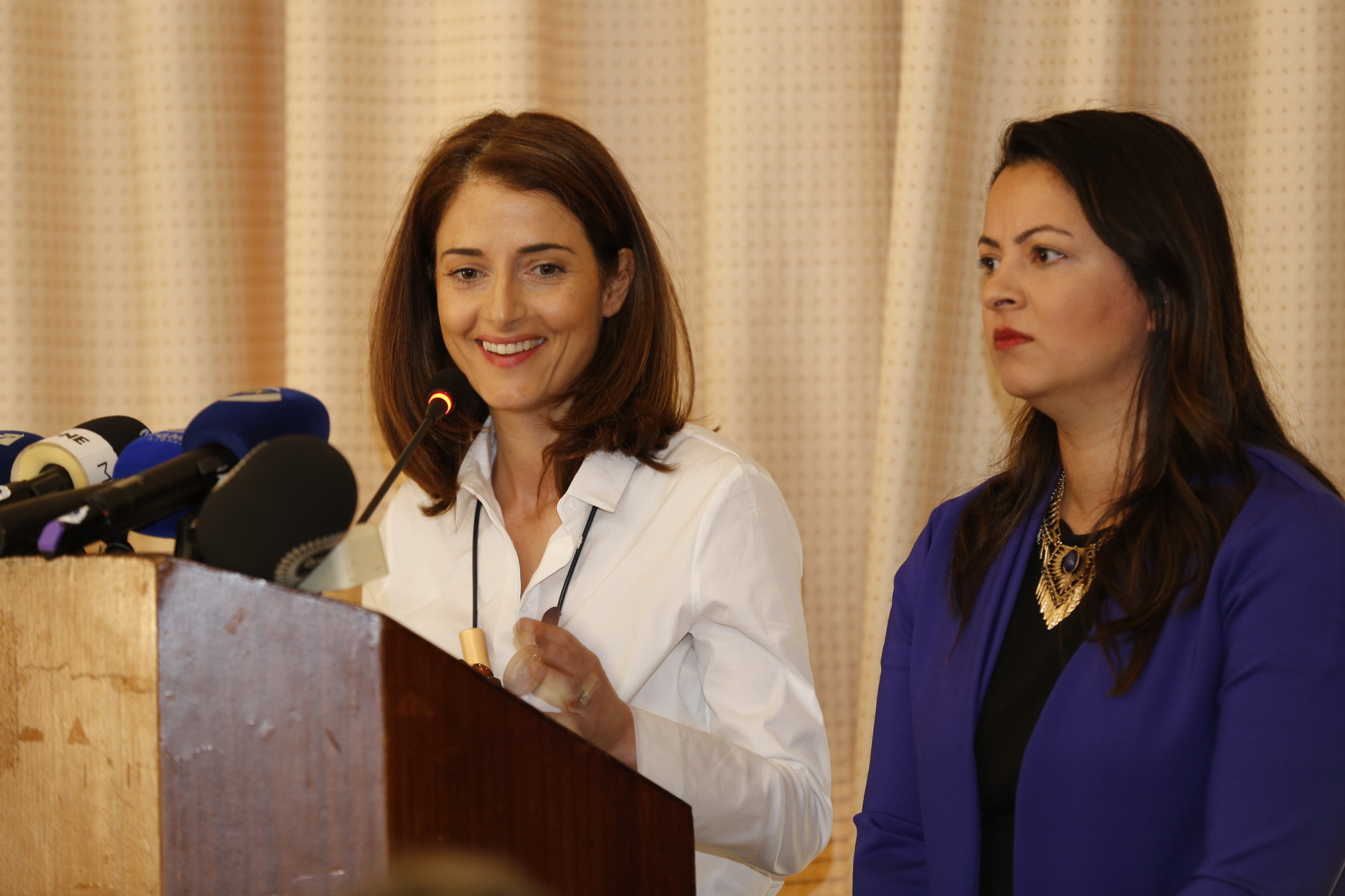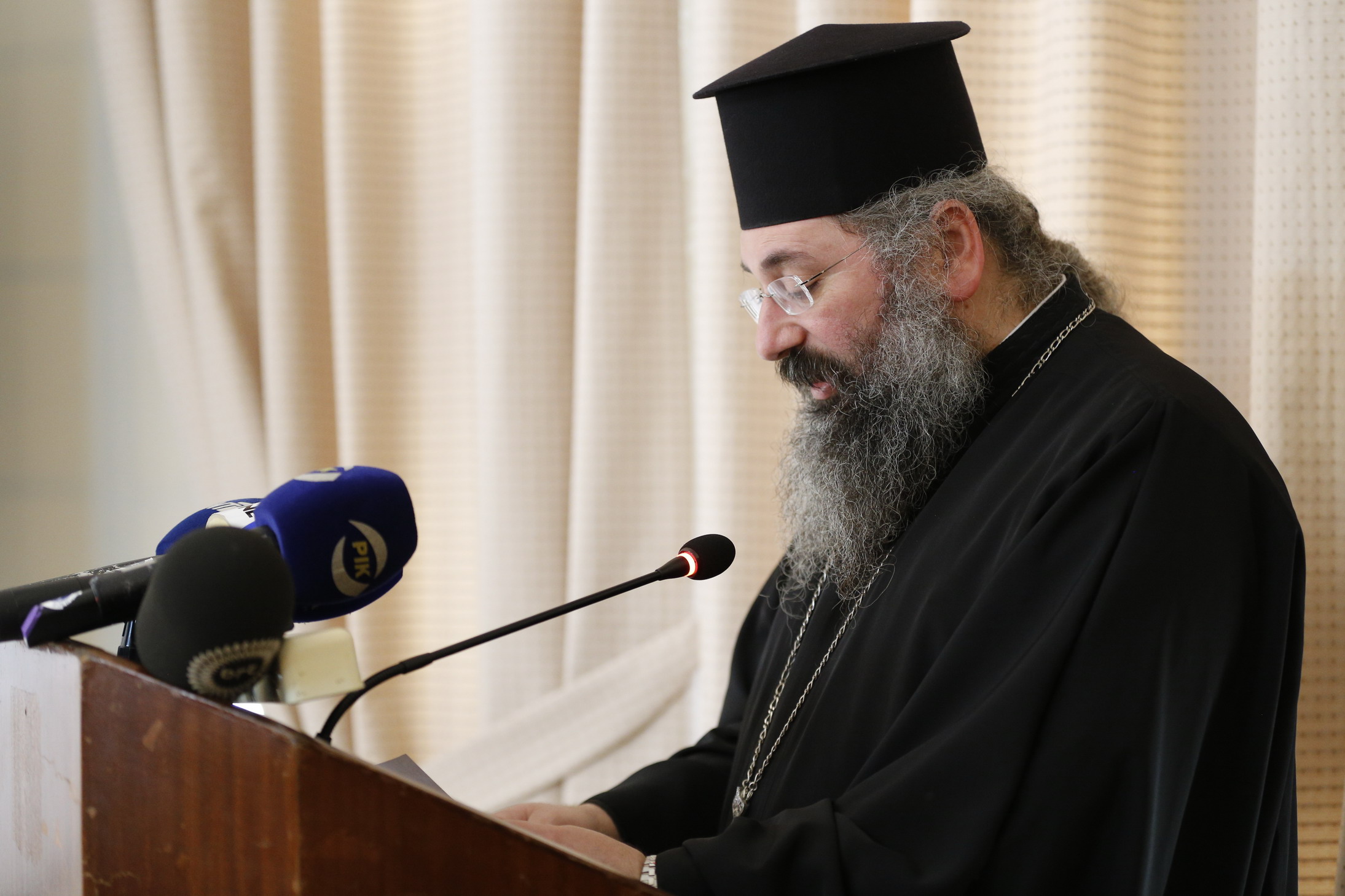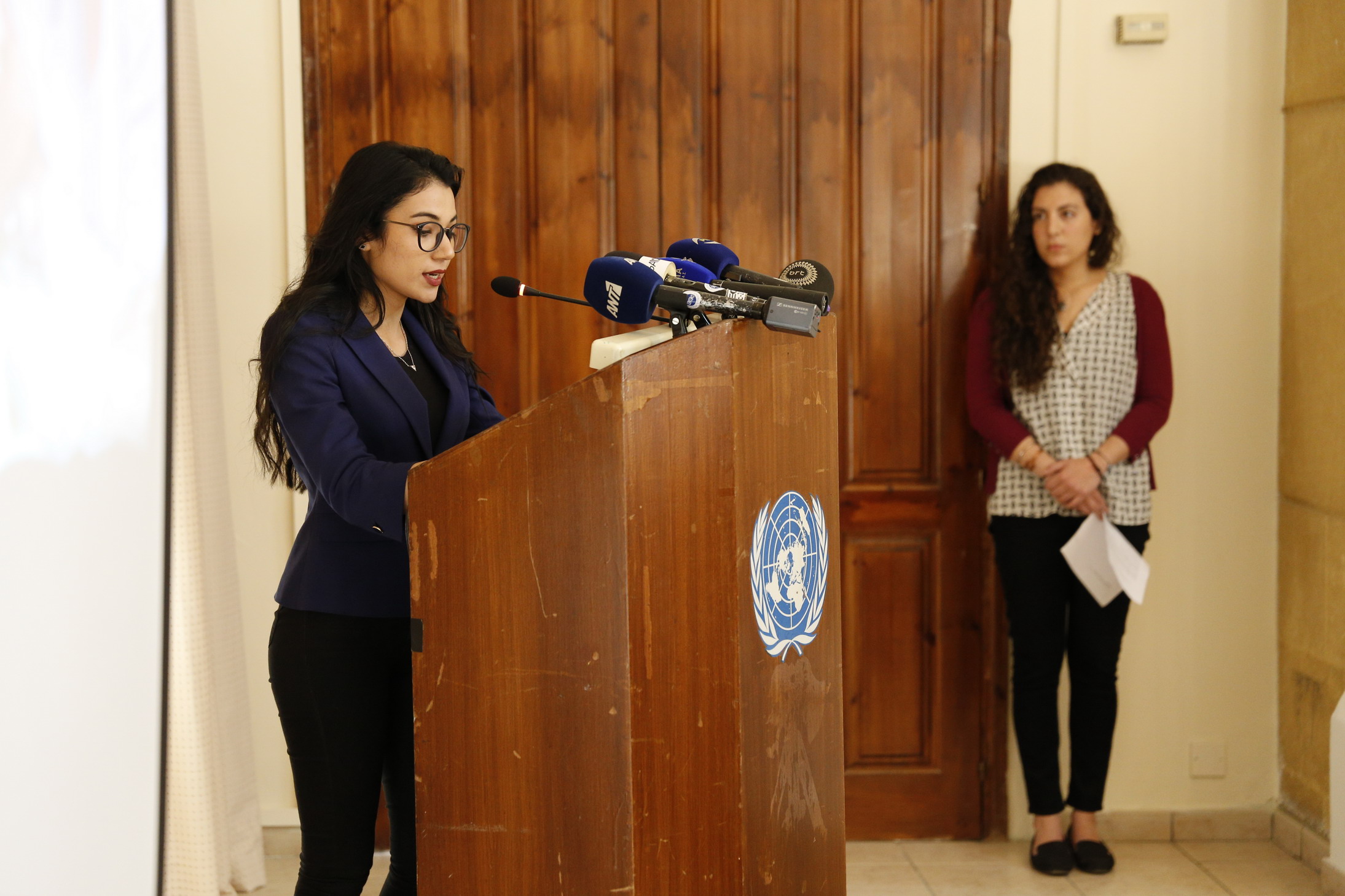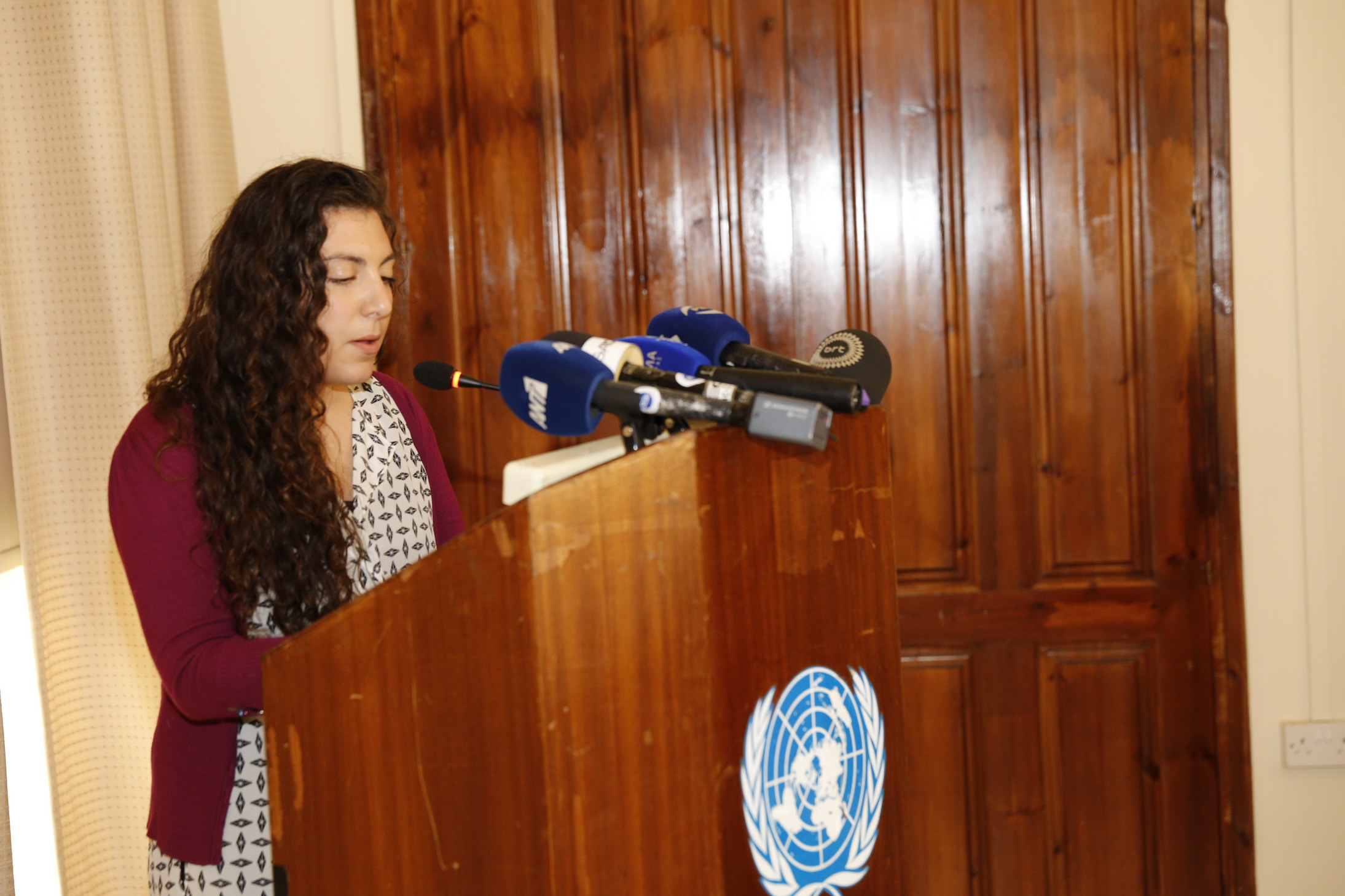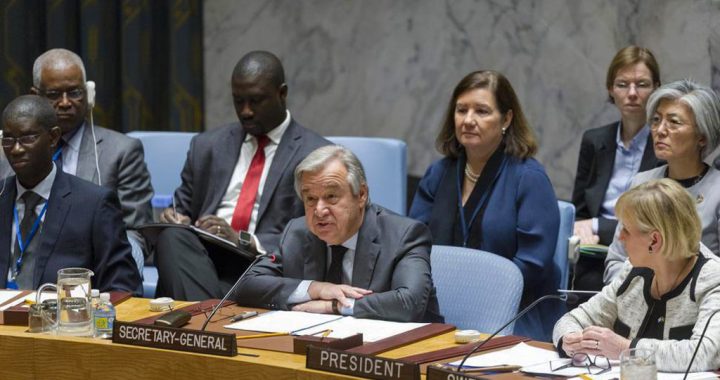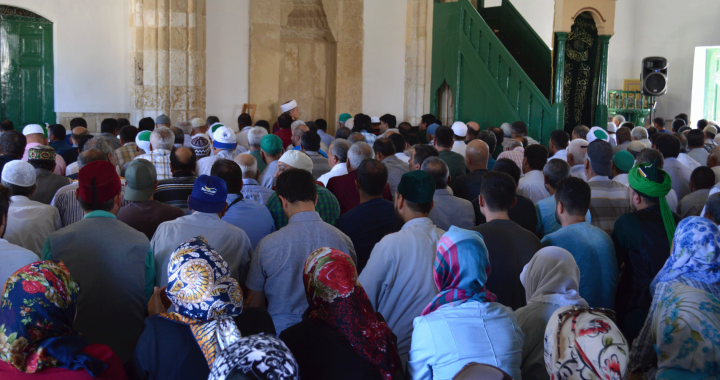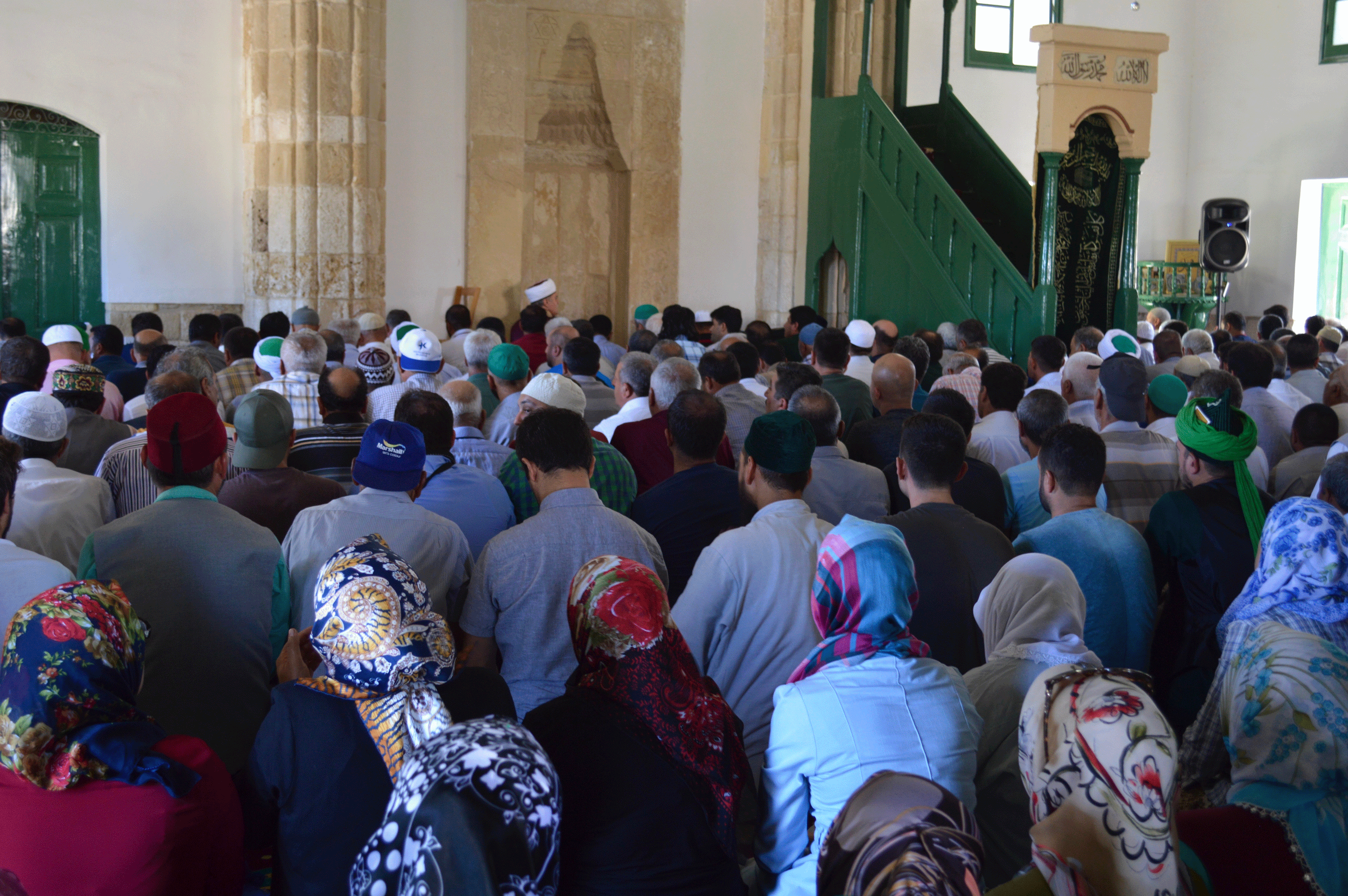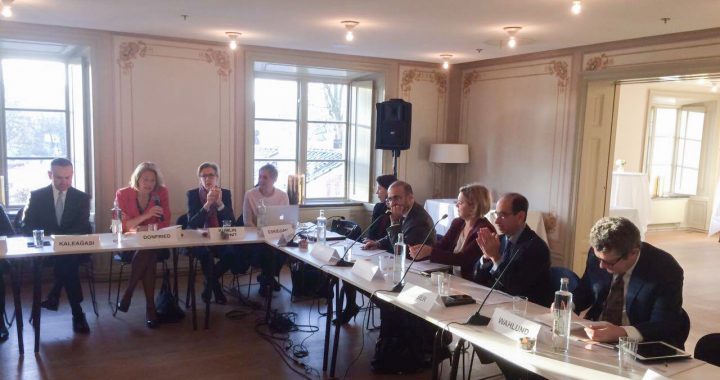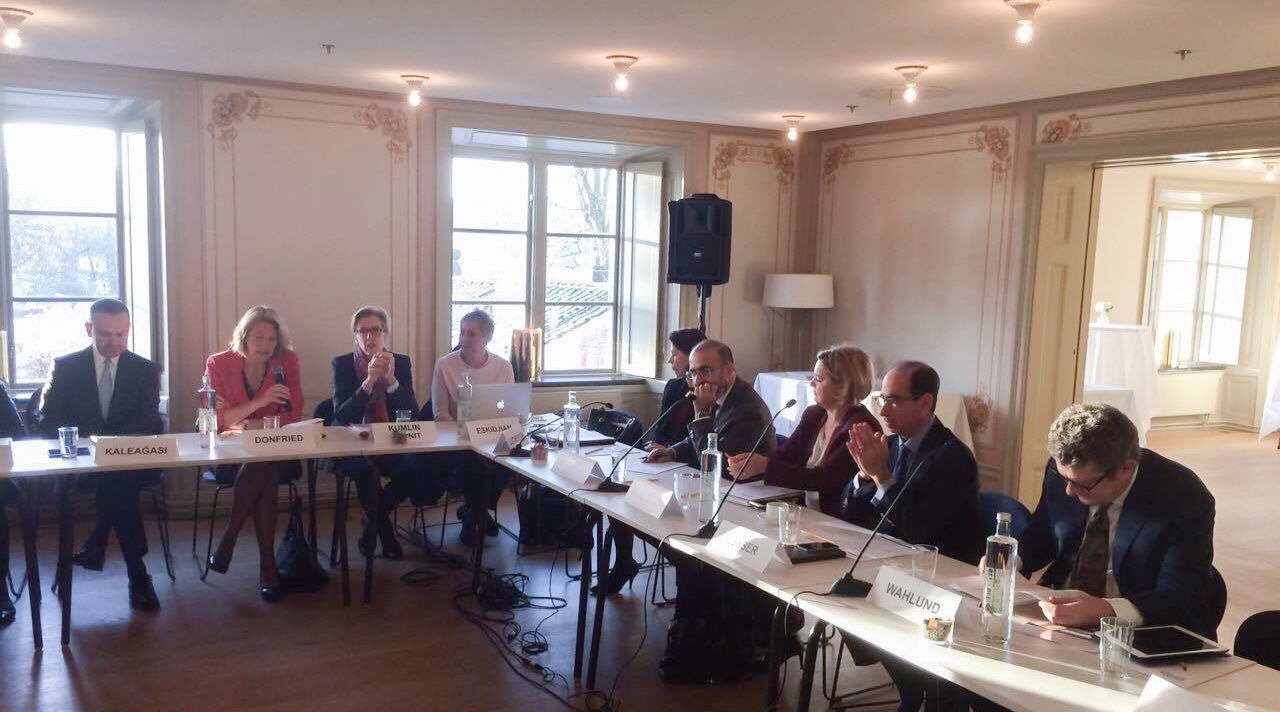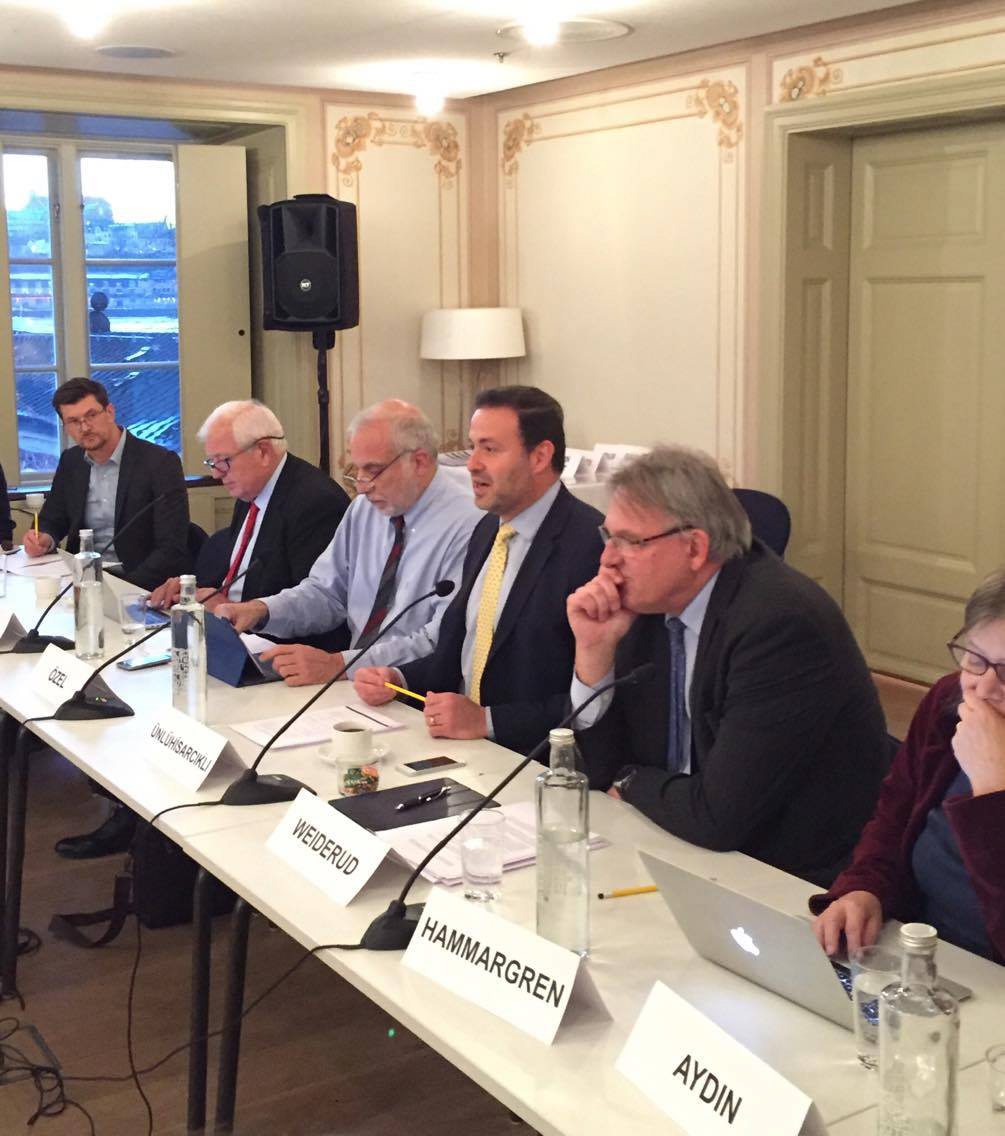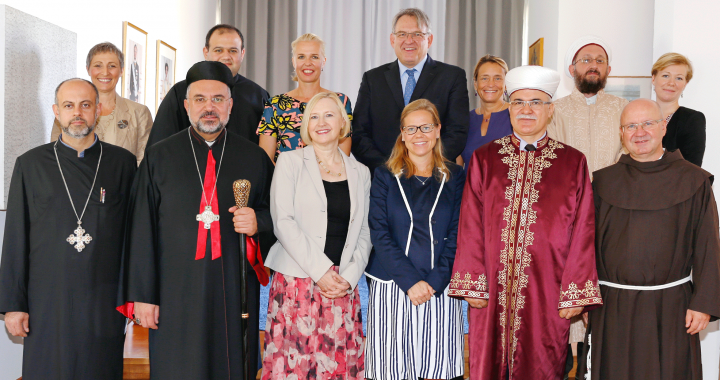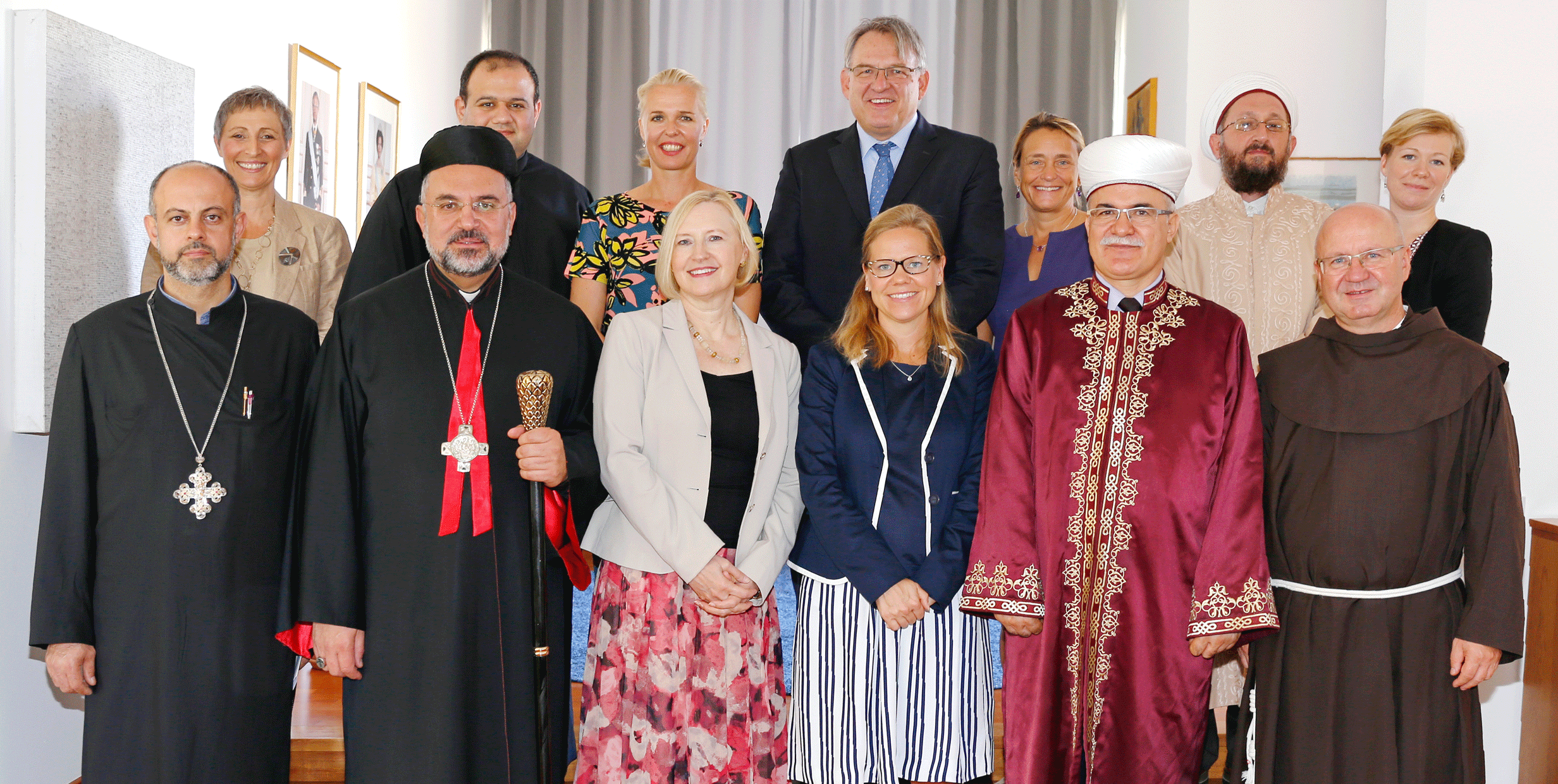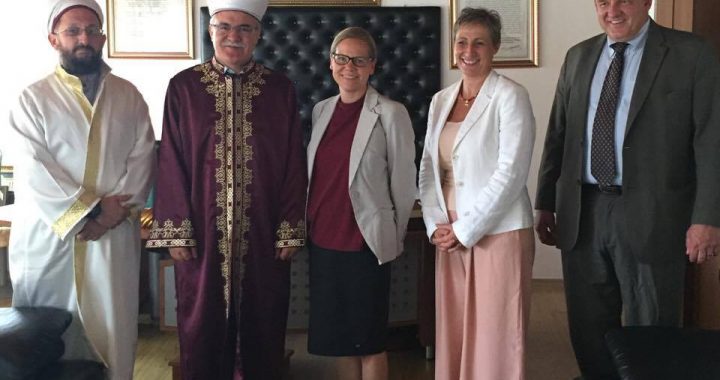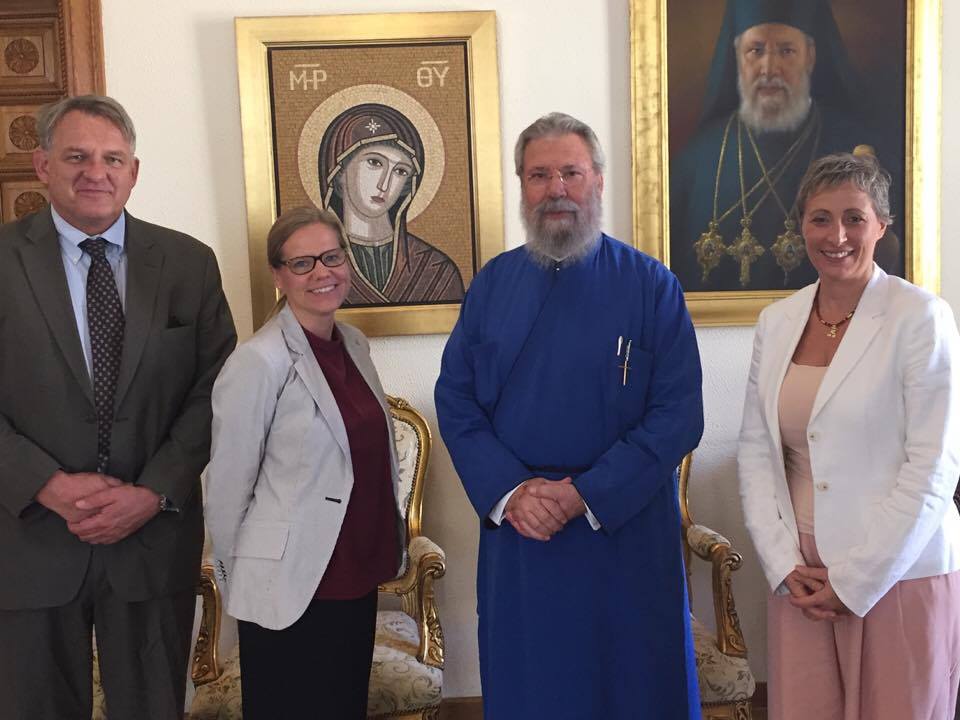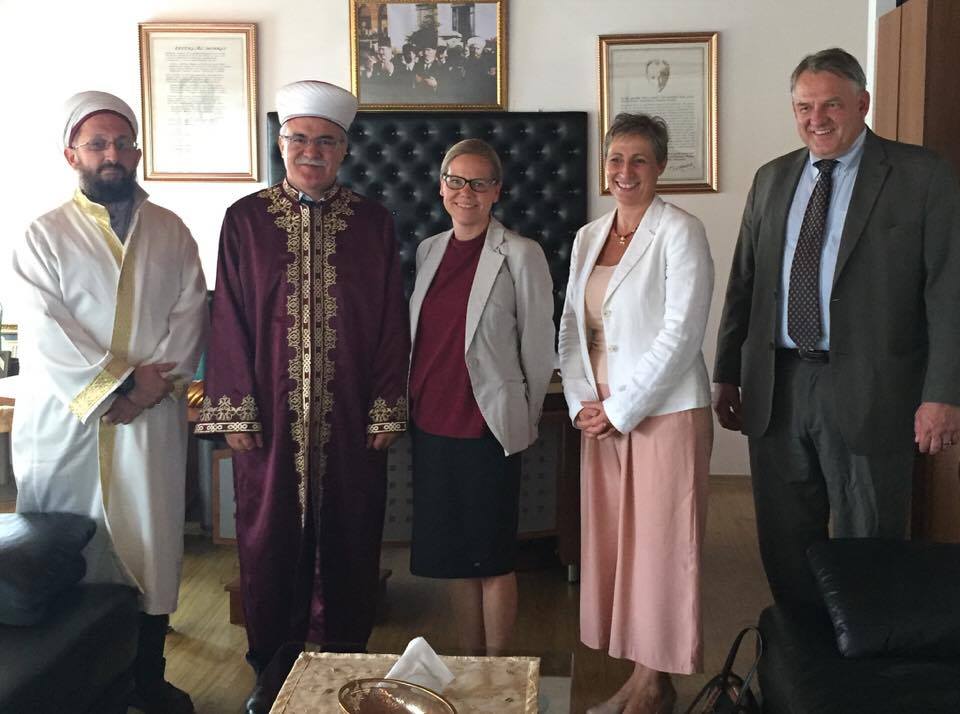Cyprus and the role of religion in conflict and peacebuilding to be discussed at Almedalen Week in Sweden
Representatives from the Religious Track of the Cyprus Peace Process (RTCYPP) are currently in Gotland, Sweden to be part of a seminar on 4th of July on the role of religion in conflict and peacebuilding at “Almedalen Week 2017”.
Bishop Porfyrios of Neapolis, head of the Representation of the Church of Cyprus to the European Union, Imam Shakir Alemdar of Hala Sultan Tekke, representative of the Mufti of Cyprus and Salpy Eskidjian one of the architects of the RTCYPP will elaborate on the joint efforts of the Christian and Muslim religious leaders of Cyprus for human rights, peace and reconciliation.
They will be joined by Dr Zahra Langhi, co-founder of the Libyan Women’s Platform for Peace (LWPP) and Judge Mohammad Abou Zaid, President of Saida Islamic Sunni Court of the Lebanese Republic to explore how religious leaders from different faith backgrounds working together can prevent or resolve violent conflicts, promote the respect of human rights and contribute to peace building.
Professor of peace and conflict studies Dr Isak Svensson from Uppsala University will be moderating the debate that will take place at the Bishop’s official residence in Visby from 10:00 – 11:30.
The seminar is co-hosted by the Bishop of Visby Sven Bernard Fast and Mr Peter Weiderud, director of the Swedish Institute Alexandria.
Further information and photos can be found on Office of RTCYPP’s Facebook and by following #CyprusinAlmedalen #rtcypp.
Almedalen Week is Sweden’s largest and most significant political meeting space in Sweden, taking place annually in Visby on the island Gotland for almost fifty years. It all began in 1968 when former education minister Olof Palme spoke from the back of a lorry at Kruttornet by Almedalen in Visby. Through democracy and openness, the week gives everyone who wants to debate social and political issues the opportunity to participate. The transparency and accessibility of Almedalen Week are unique for Sweden and the rest of the world. All events during the week are free and open to the public. The government of Sweden, all political parties, civil society organisations, the media, international partner organisations participate. The parliamentary parties, via their local representatives in Gotland, are the main organisers of Almedalen. The Municipality of Gotland is the host.
The events during Almedalen Week are conducted in Visby city centre. Organisers rent venues all around the centre and invite participants to attend. For approval, the events are required to meet certain criteria such as raising a current social or political issue and offering the opportunity for dialogue.
In 2016, 1756 different organisations held 3796 events around current social issues in one week. The number of contributors was 7540 people, 48 per cent of these were women.
